News From the Global Frontlines of Disability Justice
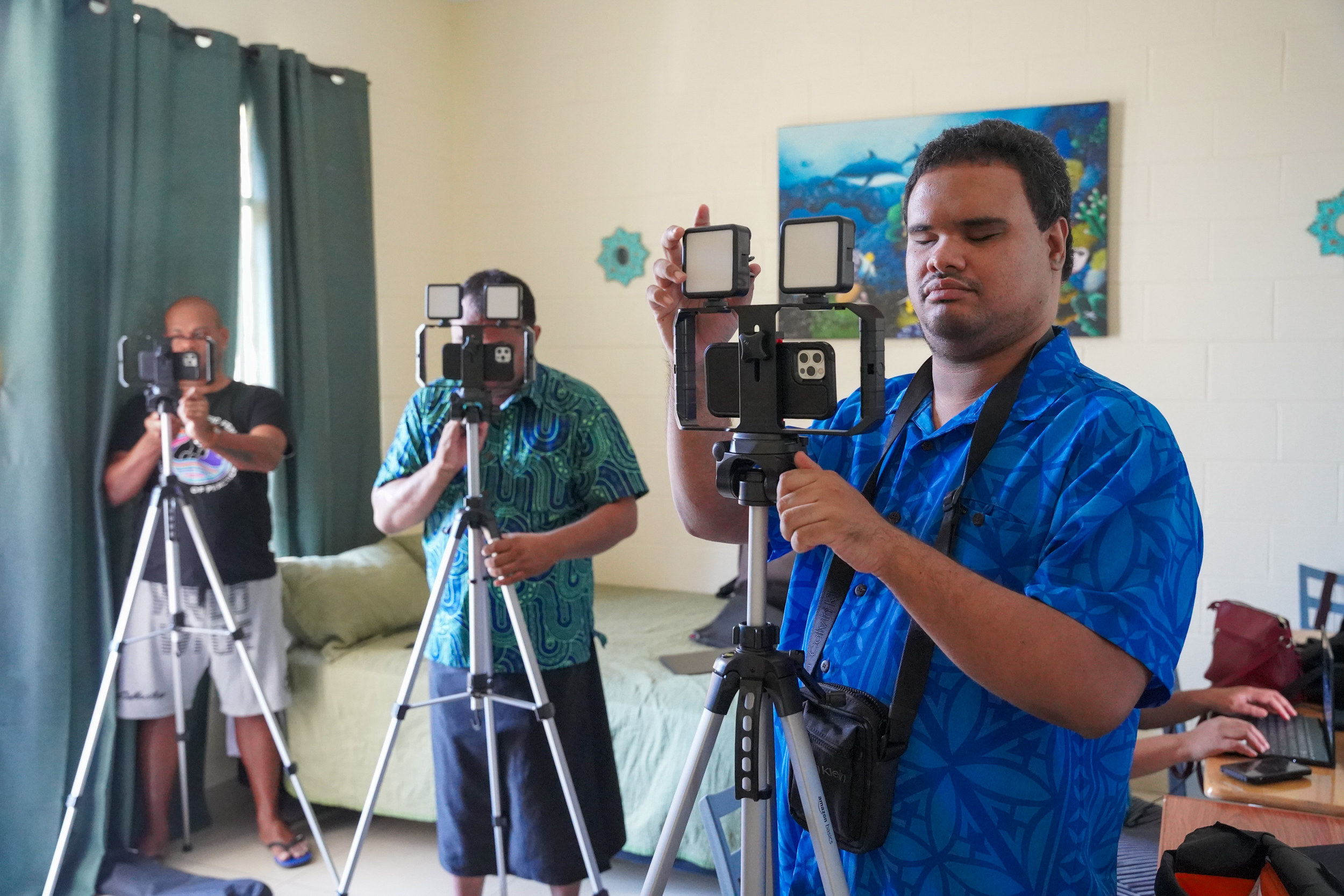
Capturing Vision Through Sound and Touch
Last summer, the DJP trained Indigenous activists with disabilities from the Pacific on the iPhone camera to create a documentary series on disability and climate change. With VoiceOver, the iPhone provides image descriptions for blind and low-vision filmmakers and offers other accessible features. “If you think about it, it doesn’t make sense for a blind person to use a camera,” says DJP filmmaker Ari Hazelman. “The iPhone gives you more avenues to tell your story in a more profound way as a blind person.”
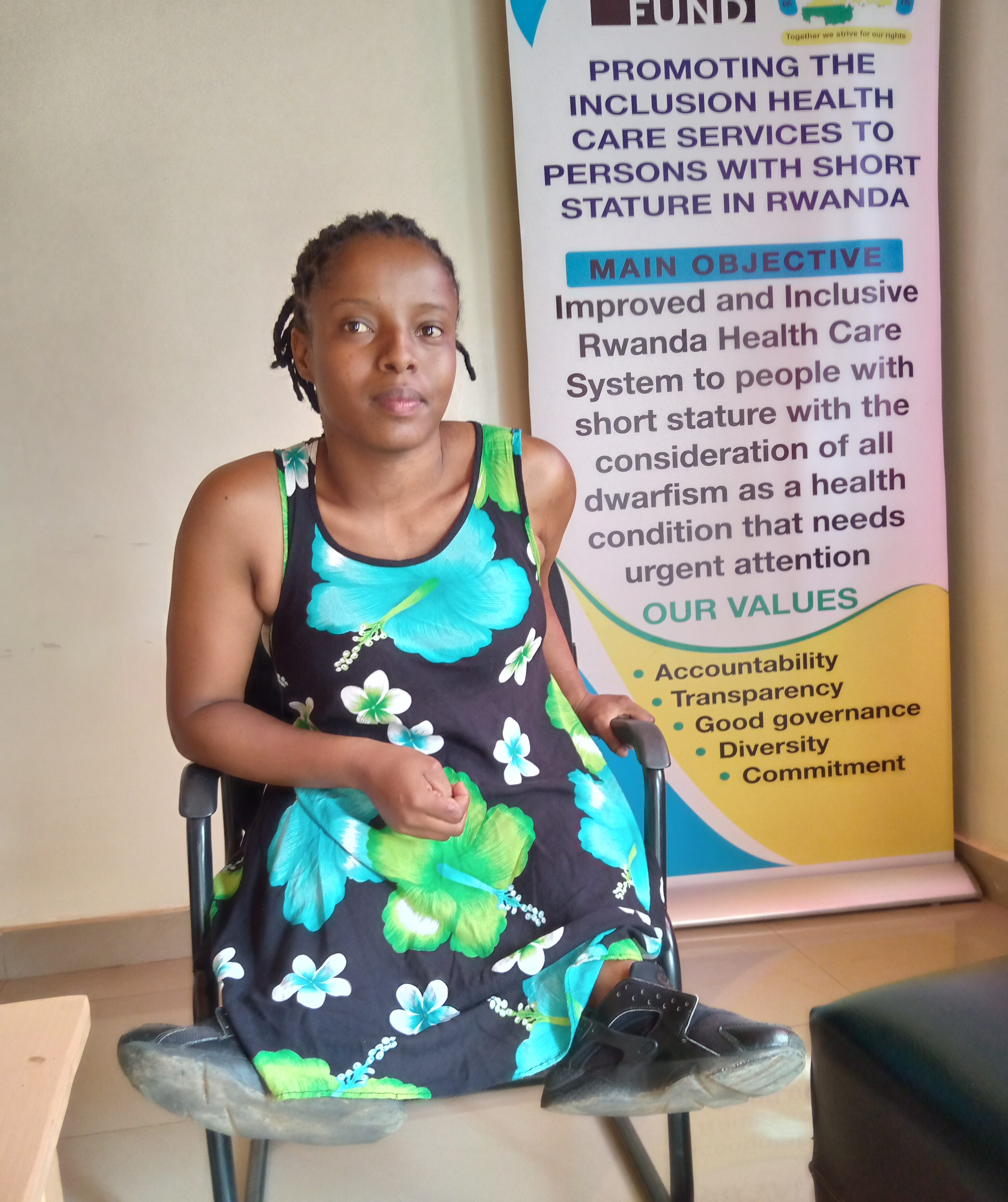
Work for All
The We Can Work program equips young Rwandans with disabilities to navigate barriers to employment through education, vocational training, and soft skills development. By fostering inclusive workplaces and advocating for policy changes, the program aims to reduce poverty and promote economic independence. Participants like Alliance Ukwishaka are optimistic that the program will enable them to achieve their dreams and showcase their potential. The initiative is part of a larger effort to support 30 million disabled youth across seven African countries.
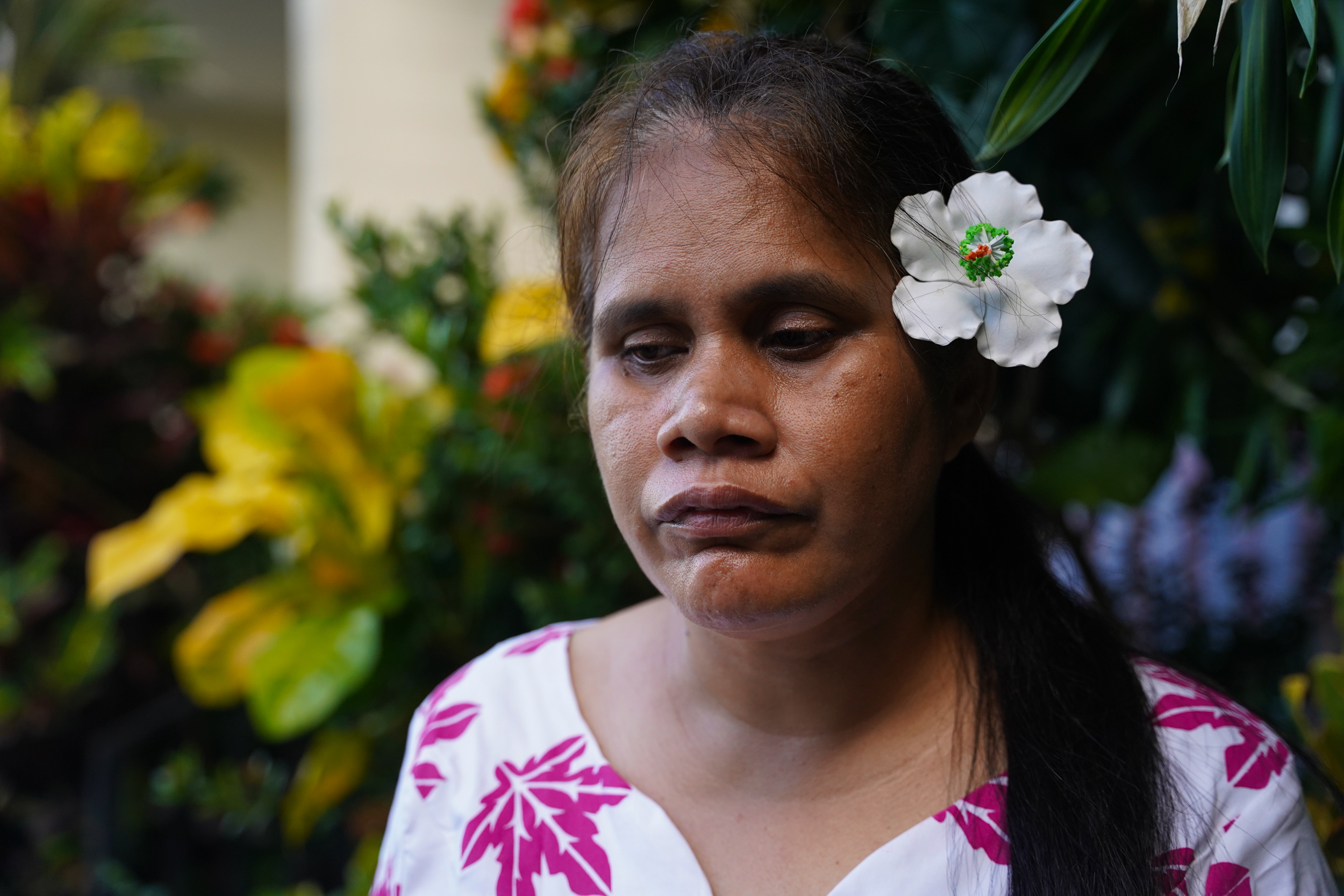
Global Recognition
Faaolo Utumapu-Utailesolo’s film “Dramatic Waves of Change” has been named a finalist in the Focus on Ability International Short Film Festival. The film, completed during a Disability Justice Project workshop in Samoa, highlights the impact of climate change on people with disabilities in Kiribati. Utumapu-Utailesolo, who is blind, used an iPhone with accessibility features to create the film. “Do not leave people with disabilities behind when [you] plan, implement, and monitor programs regarding climate change and disaster,” she says. Her achievement is a testament to the power of inclusive filmmaking.
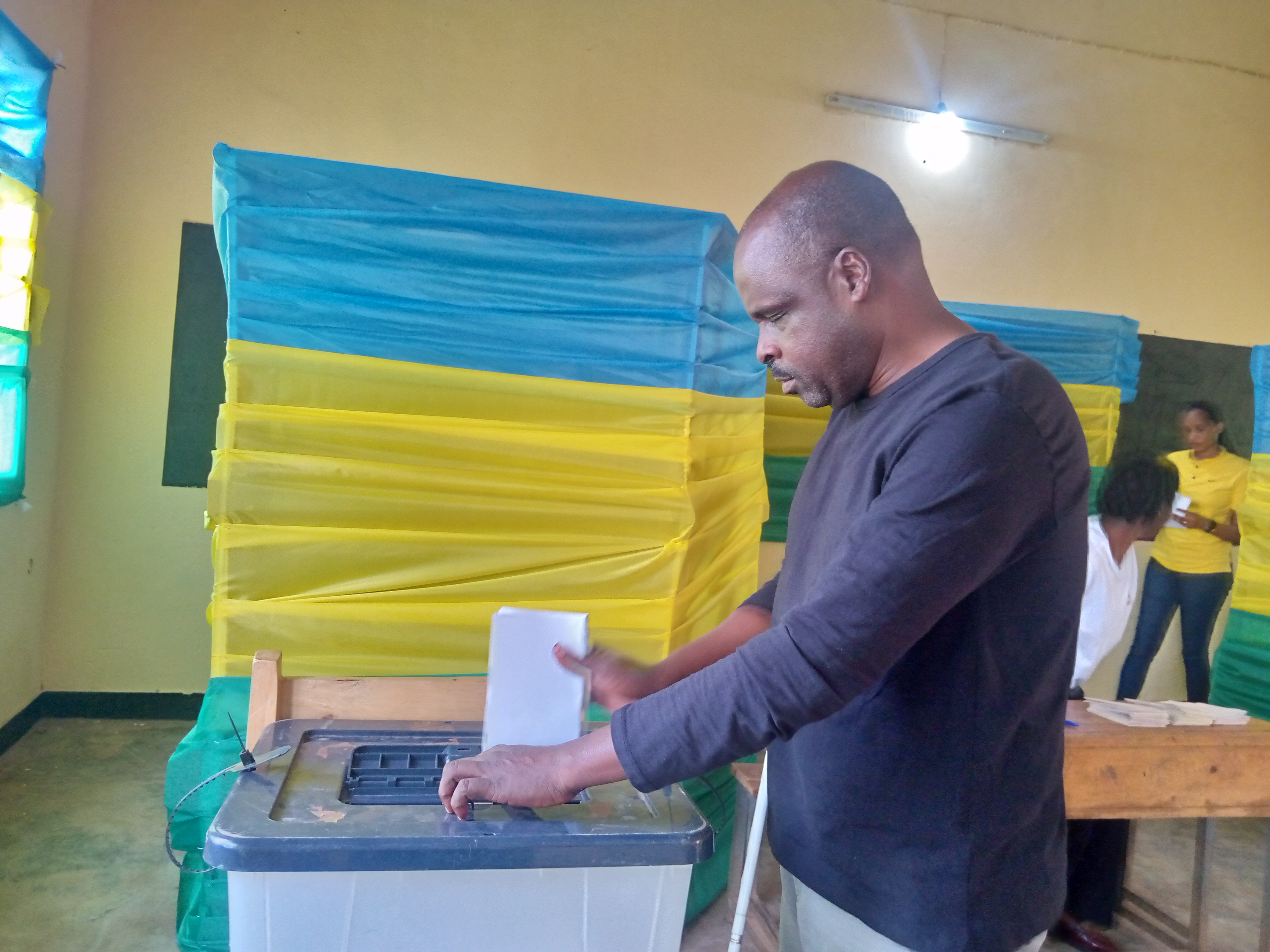
Advancing Democracy
Rwanda has made significant progress in making its elections more accessible, highlighted by the July 15 general elections where notable accommodations were provided. This was a major step forward in disabled Rwandans’ quest for equal rights and participation. “You cannot imagine how happy I am, for I have voted by myself and privately as others do accessibly,” says Jean Marie Vianney Mukeshimana, who used a Braille voting slate for the first time. “Voting is a deeply emotional and meaningful experience for a person with any disability in Rwanda, reflecting a blend of pride, empowerment, and hope.”
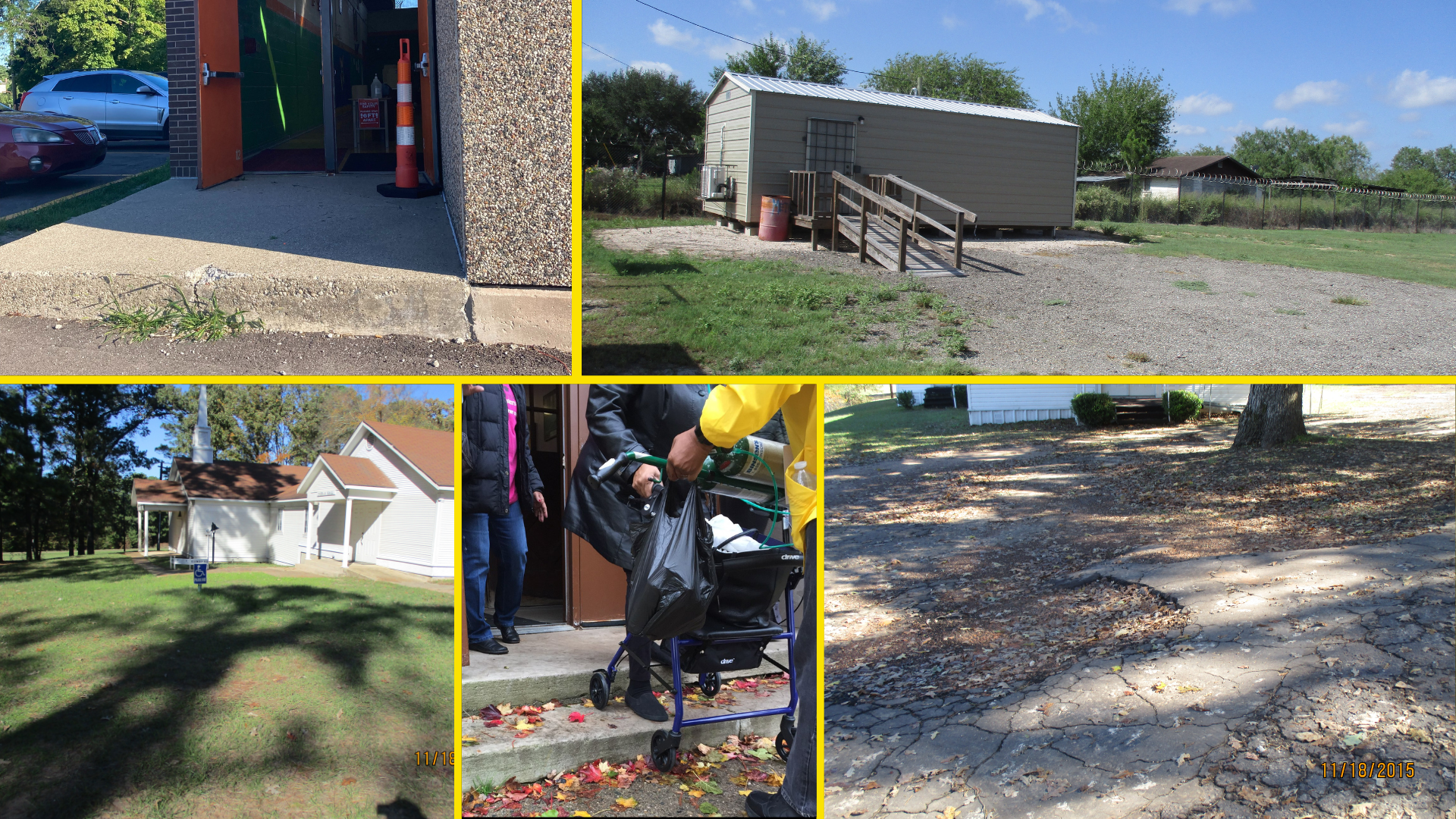
Barriers to the Ballot
Despite legislation like the Americans with Disabilities Act, barriers at the polls still hinder — and often prevent — people with disabilities from voting. New restrictive laws in some states, such as criminalizing assistance with voting, exacerbate these issues. Advocacy groups continue to fight for improved accessibility and increased voter turnout among disabled individuals, emphasizing the need for multiple voting options to accommodate diverse needs. ““Of course, we want to vote,” says Claire Stanley with the American Council of the Blind, “but if you can’t, you can’t.”
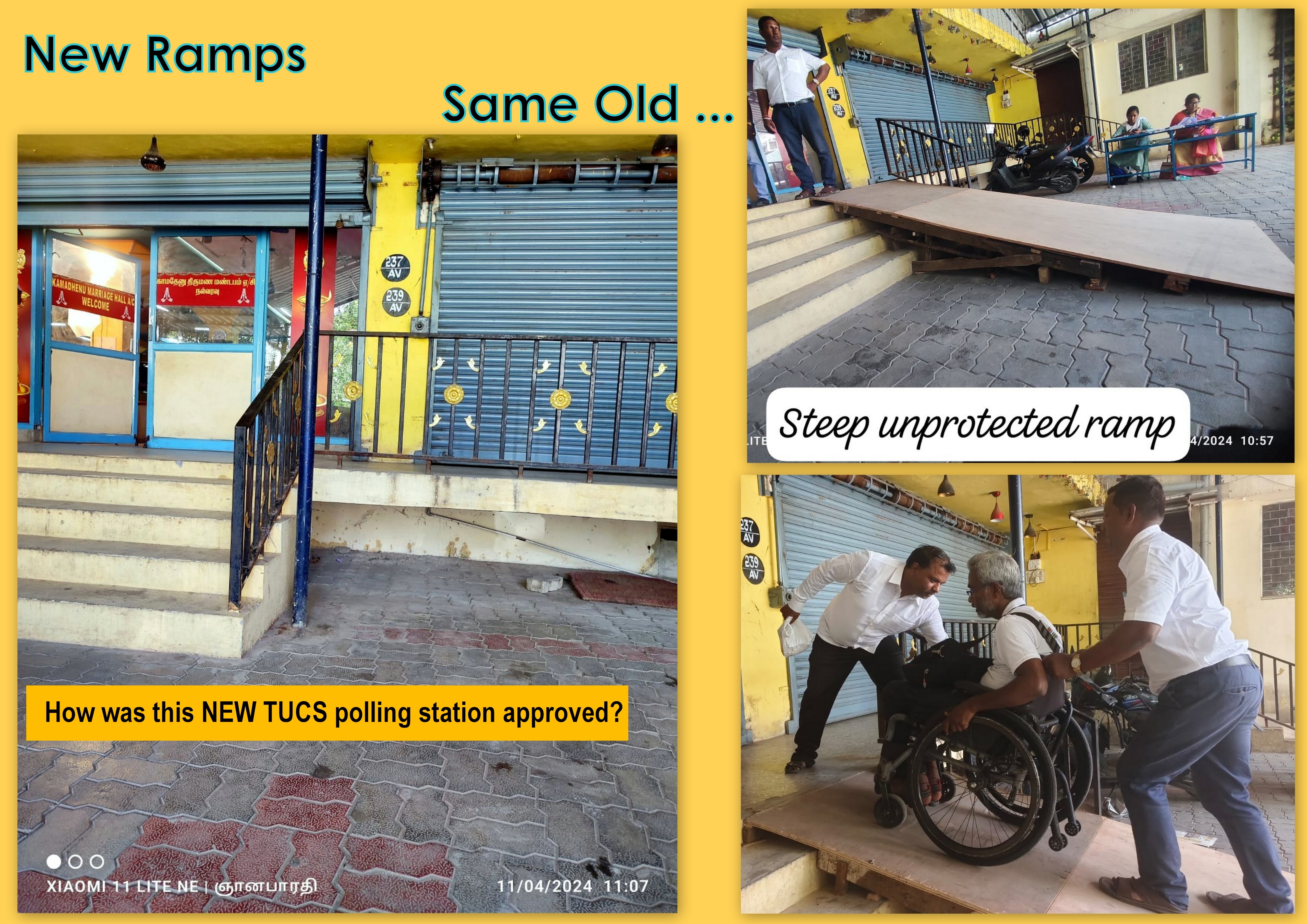
Democracy Denied
In 2024, a record number of voters worldwide will head to the polls, but many disabled individuals still face significant barriers. In India, inaccessible electronic voting machines and polling stations hinder the ability of disabled voters to cast their ballots independently. Despite legal protections and efforts to improve accessibility, systemic issues continue to prevent many from fully participating in the world’s largest democracy. “All across India, the perception of having made a place accessible,” says Vaishnavi Jayakumar of Disability Rights Alliance, “is to put a decent ramp at the entrance and some form of quasi-accessible toilet.”
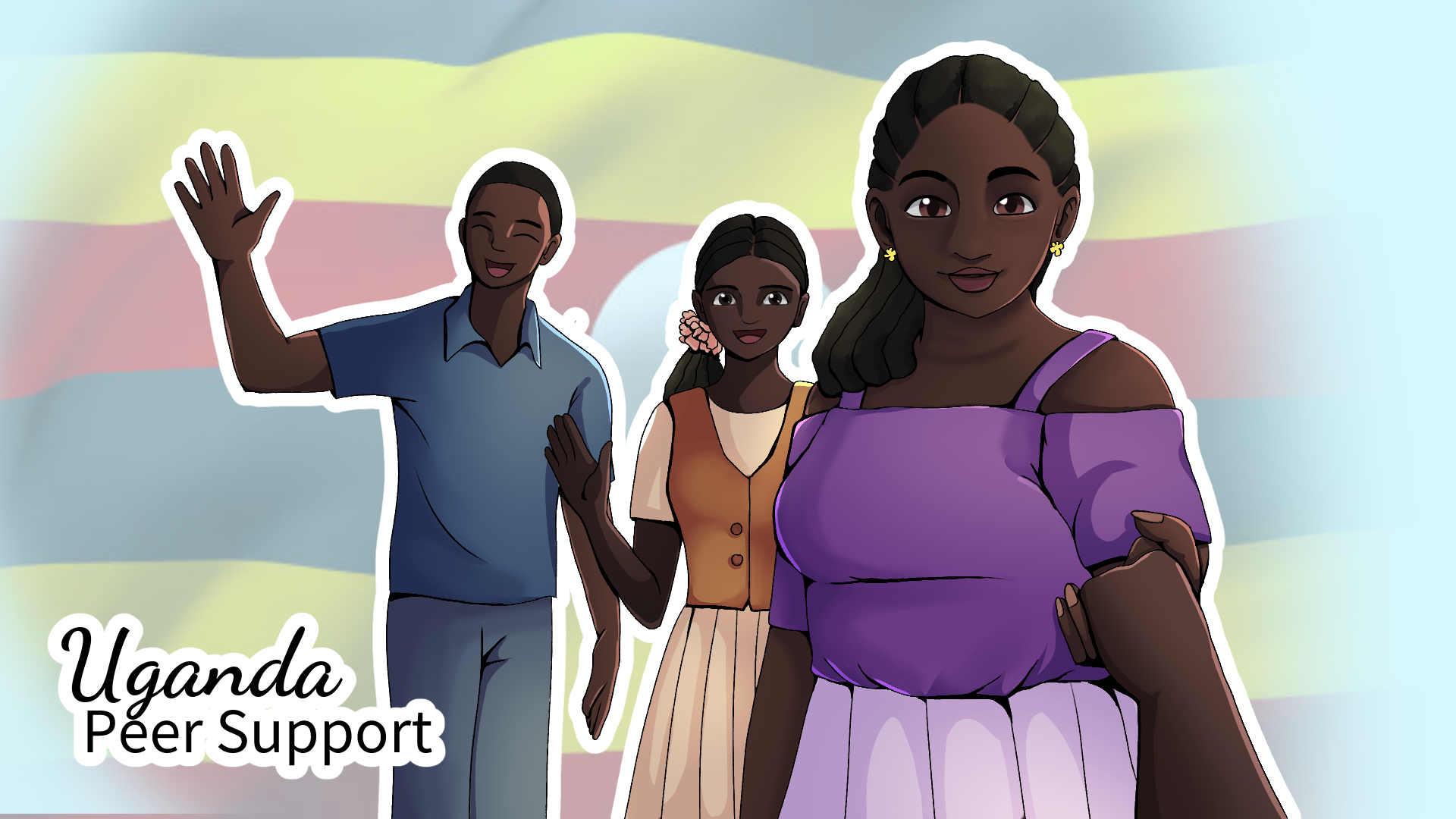
Triumph Over Despair
DJP Fellow Esther Suubi shares her journey of finding purpose in supporting others with psychosocial disabilities. She explores the transformative power of peer support and her evolution to becoming an advocate for mental health. “Whenever I see people back on their feet and thriving, they encourage me to continue supporting others so that I don’t leave anyone behind,” she says. “It is a process that is sometimes challenging, but it also helps me to learn, unlearn, and relearn new ways that I can support someone – and myself.”
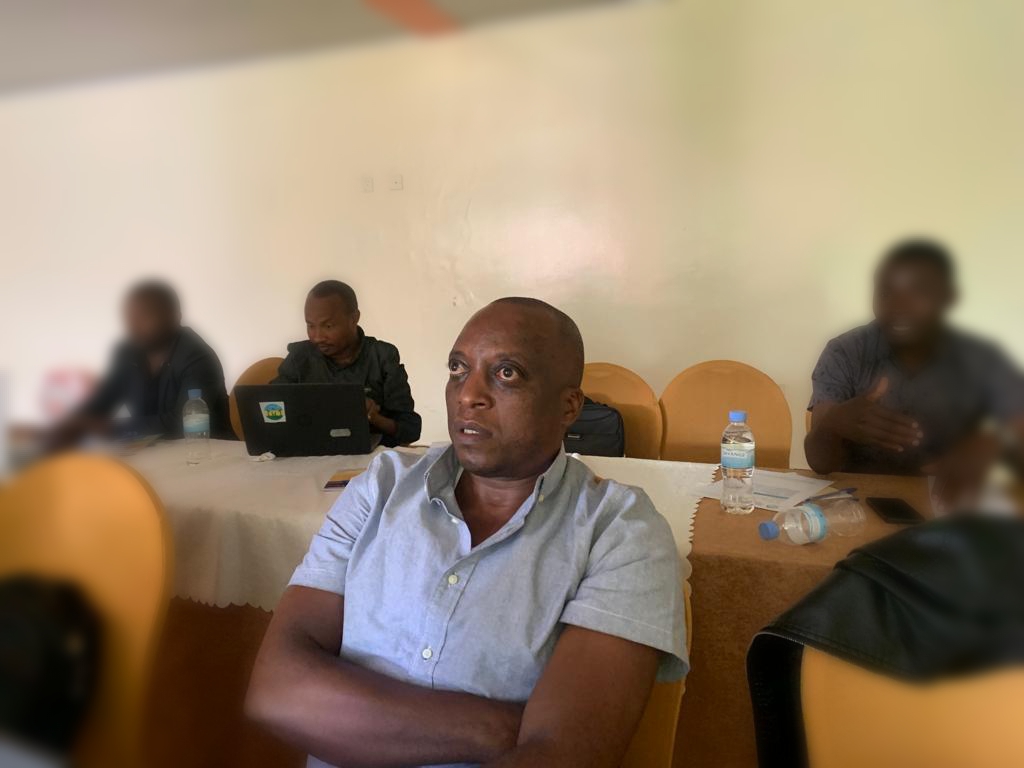
‘Our Vote Matters’
As Rwanda prepares for its presidential elections, voices like Daniel Mushimiyimana’s have a powerful message: every vote counts, including those of citizens with disabilities. Despite legal frameworks like the UN Convention on the Rights of Persons with Disabilities, challenges persist in translating these into practical, accessible voting experiences for over 446,453 Rwandans with disabilities. To cast a vote, blind people need to take a sighted relative to read the ballot. An electoral committee member must be present, violating the blind person’s voting privacy. “We want that to change in these coming elections,” says Mushimiyimana.
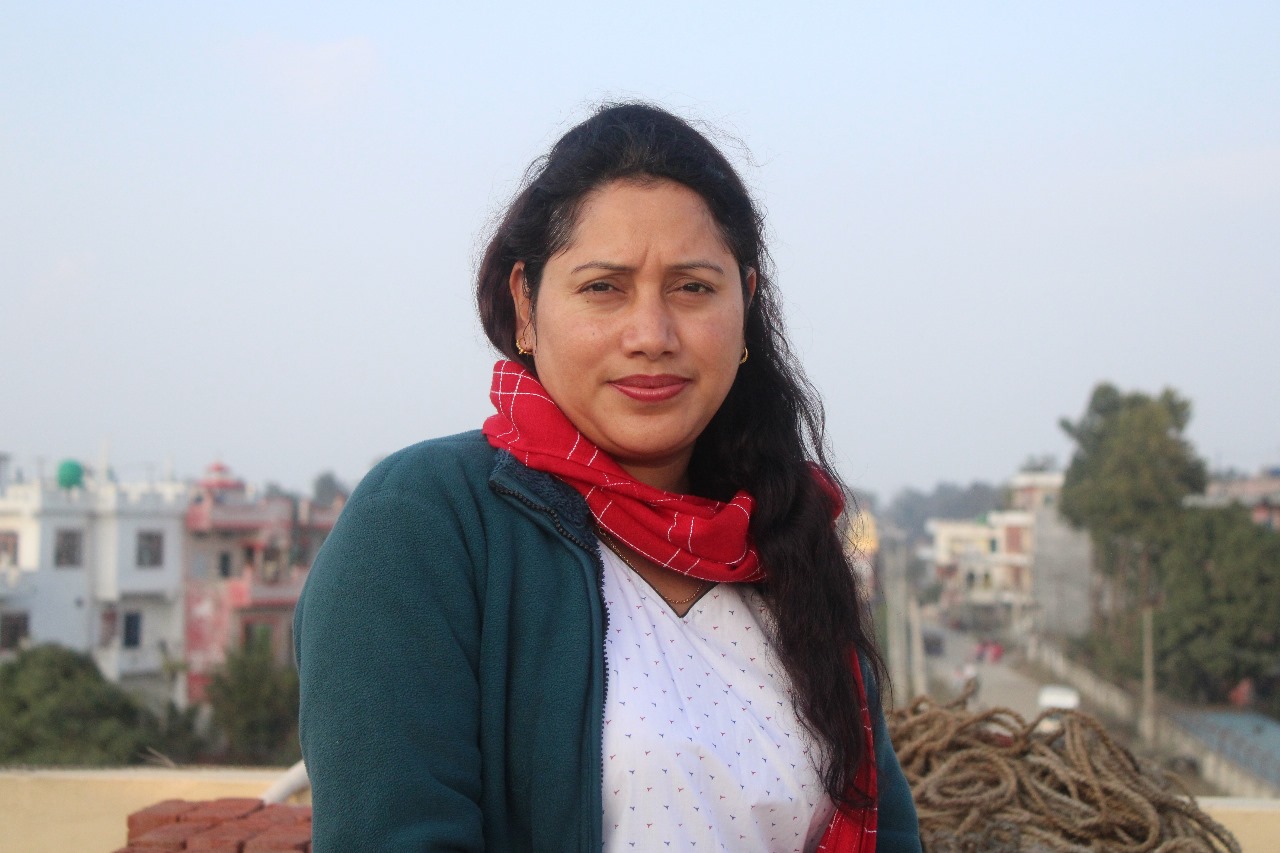
Voices Unsilenced
Often dismissed as a personal concern, mental health is a societal issue, according to Srijana KC, who works as a psychosocial counselor for the Nepali organization KOSHISH. KC’s own history includes a seizure disorder, which resulted in mental health challenges. She faced prejudice in both educational settings and the workplace, which pushed her towards becoming a street vendor to afford her medications. Now with KOSHISH, she coordinates peer support gatherings in different parts of Nepal. “It is crucial to instill hope in society, recognizing that individuals with psychosocial disabilities can significantly contribute,” she says.
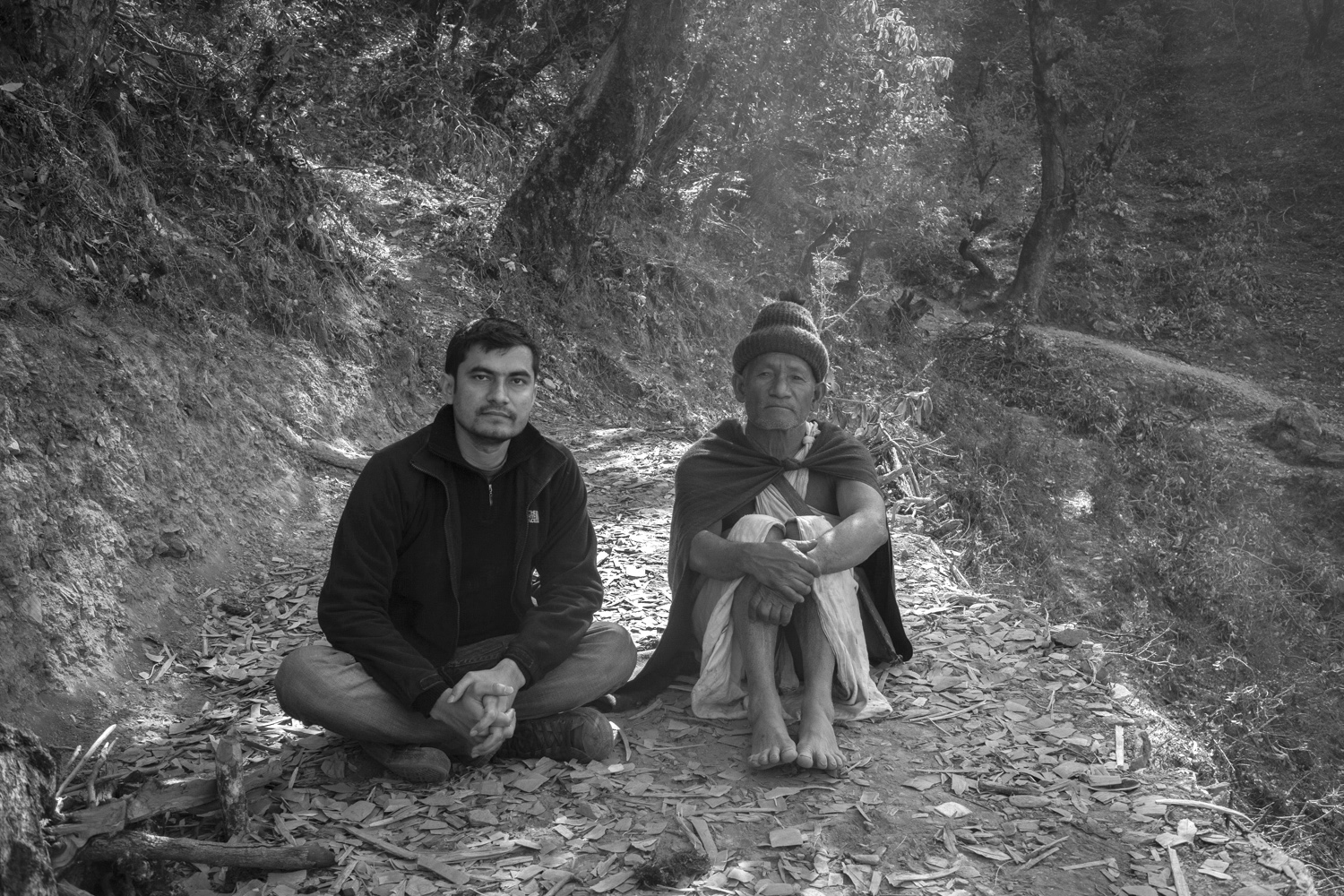
Beyond the Frame
DJP mentor Kishor Sharma is known for his long-term photography and film projects exploring community and change. Over the last 12 years, he has been documenting the nomadic Raute people in mountainous Nepal. With any project, Sharma aims to actively engage participants, sharing photography and videography techniques. In September, Sharma became a mentor to DJP Fellow Chhitup Lama. He was eager to connect “this idea of sharing the visual technique with the storytelling idea and the issue of disability inclusion.”
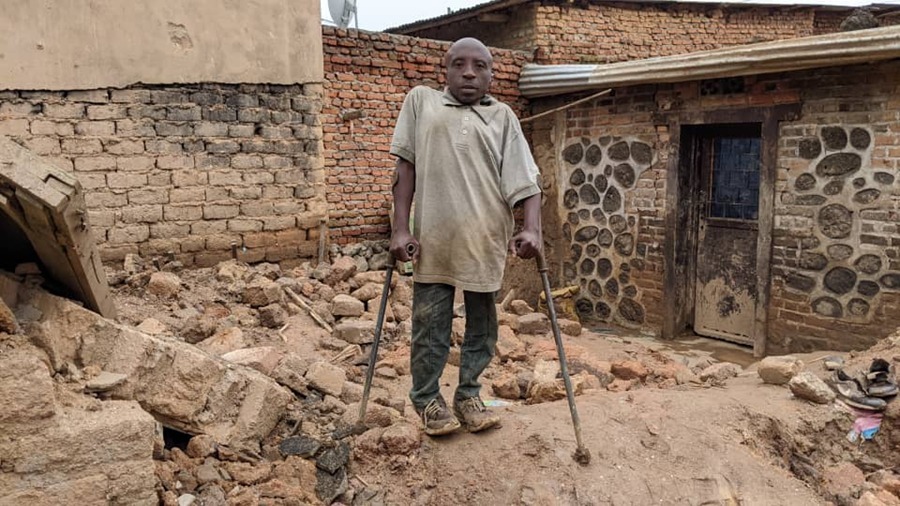
‘I Am Left With Nothing’
Recent flooding in Rwanda has left many persons with disabilities without homes and jobs. “Sincerely speaking, I [am] left with nothing,” says Theophile Nzigiyimana, who considers himself lucky to have escaped the flooding. The flooding demonstrates the disproportionate impacts that disasters have on persons with disabilities, which will only intensify as climate change continues.
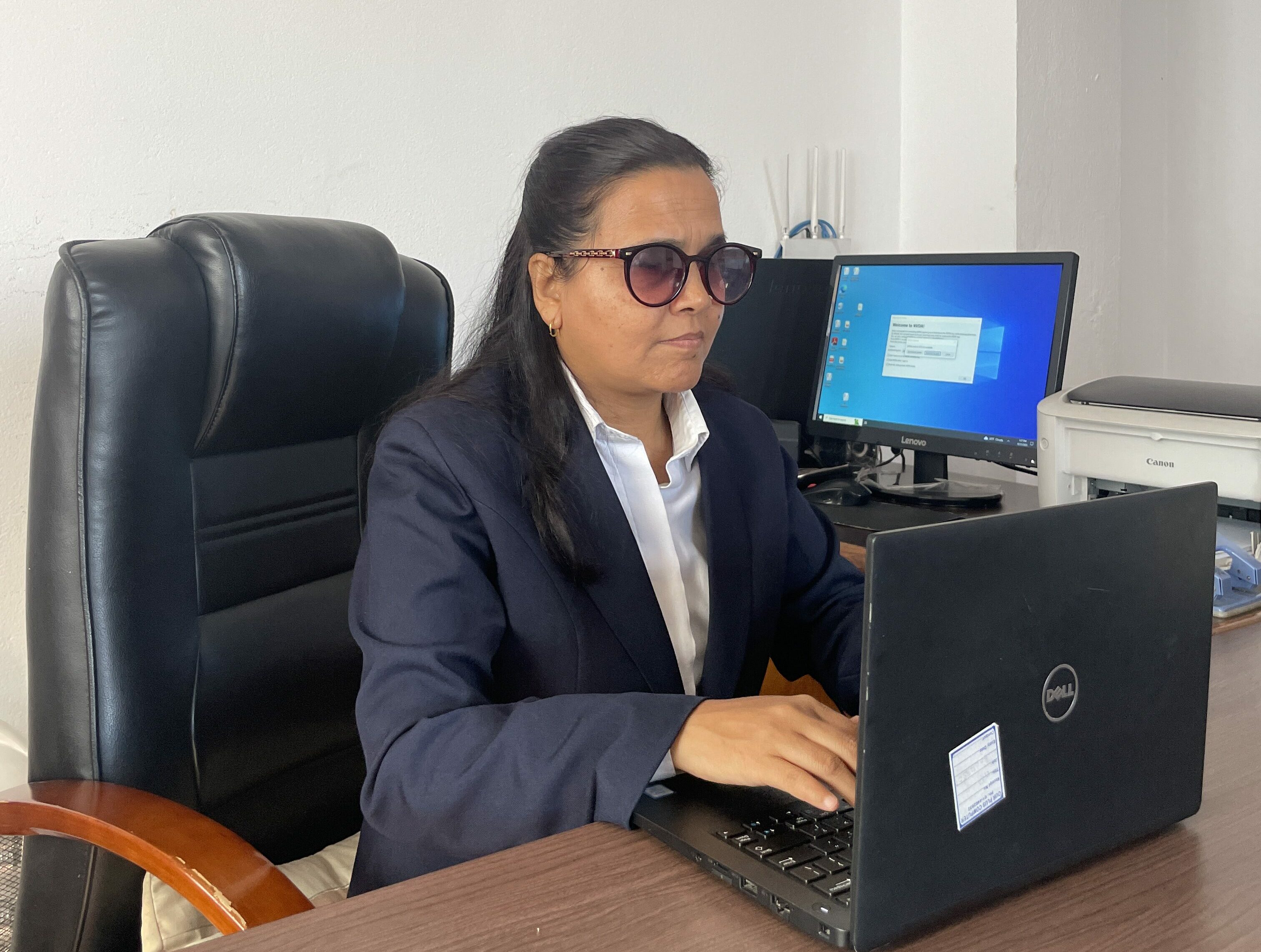
‘Leadership Training is a Key Focus’
DJP Fellow Sita Sah interviews Neera Adhikari about starting the Blind Women Association Nepal (BWAN) and the steps BWAN has taken to advance the rights of Nepali women who are blind and low-vision. Women with disabilities, particularly those living in rural areas, “face discrimination from family and society which prevents them from venturing outside their homes,” says Adhikari. “In a household where there are two children, one disabled son and one daughter, societal beliefs often favor sending the son to school while neglecting the daughter’s education.”
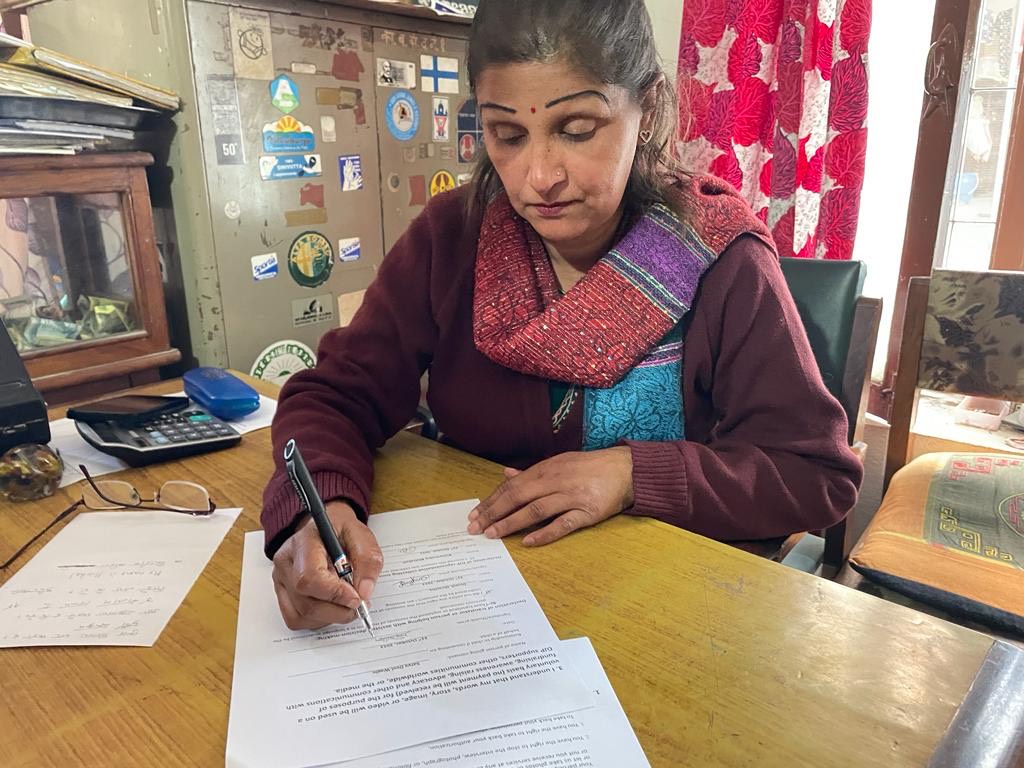
Accessible Instruction
Nepal has between 250,000 and one million Deaf people, but most do not attend school. In many schools for Deaf individuals, education ends at 10th grade, and higher education is rarely available and often inadequate. DJP Fellow Bishwamitra Bhitrakoti interviews Satya Devi Wagle from the National Federation of the Deaf Nepal about the strategies, challenges and successes of her work on inclusive education. “Because hearing teachers are not competent in sign language, there is no quality instruction in a resource class in Nepal,” she says. “We are working … to create a Deaf-friendly curriculum.”
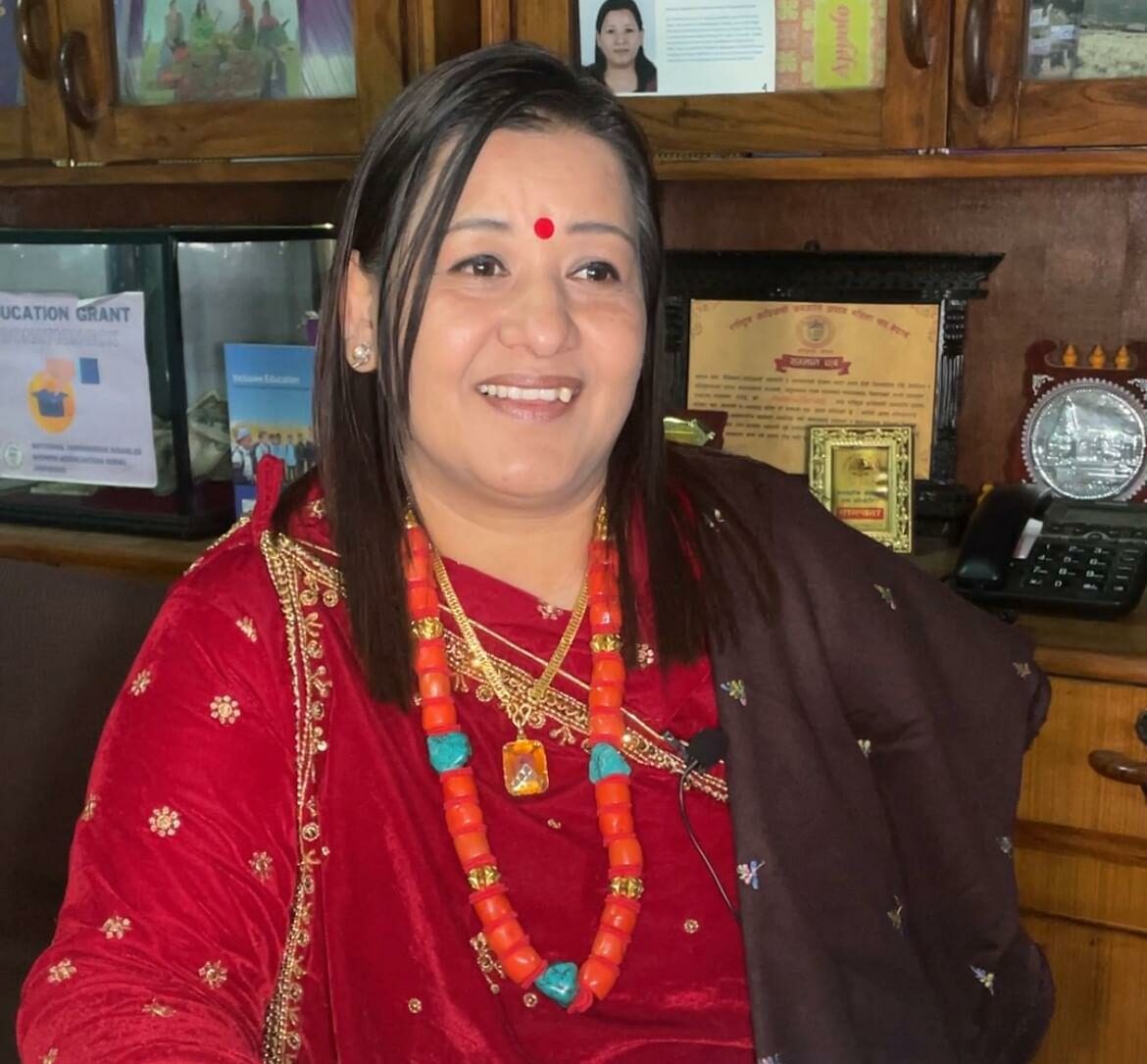
Inclusive Justice
There are 700,000 Indigenous women and girls with disabilities in Nepal. Violence against this group has deepened since the COVID-19 pandemic. DJP Fellow Bhawana Majhi interviews Pratima Gurung, president of the National Indigenous Disabled Women Association – Nepal, about how NIDWAN is addressing these issues. “NIDWAN’s future plans involve reaching more people, building capacity and empowering Indigenous women and girls with disabilities,” says Gurung. “Our ultimate goal is to create positive change by persisting in lobbying and advocacy efforts at local and provincial levels.”
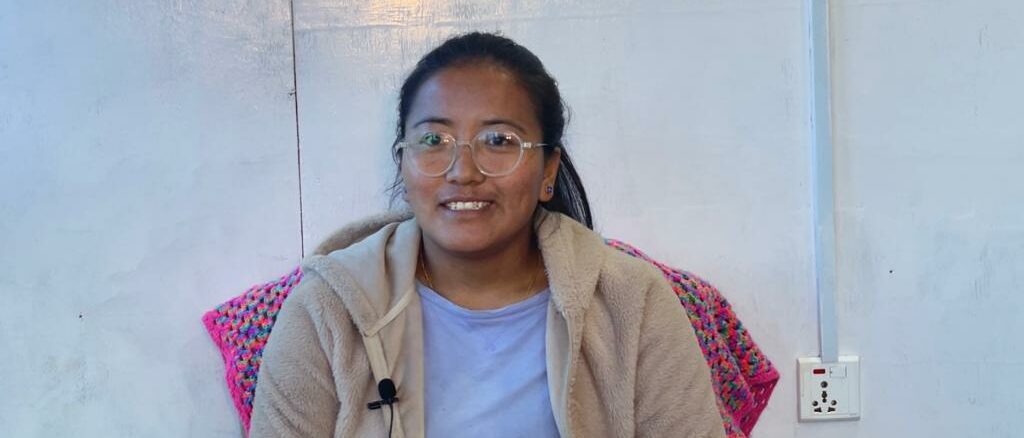
Advocacy Ascends
DJP Fellow Chhitup Lama interviews Tsering Palmu Lama, project coordinator at HEAD Nepal, about the challenges people with disabilities encounter in the Himalayan region of Nepal and how her work addresses those challenges. “It is really tough [for people with disabilities] in the remote mountains like Karnali regions,” she tells Lama. “The problem which is faced by them in the region is that there is inaccessibility in the public area or even in the working area. And due to the remote mountains and tough geography, there is inaccessibility on the roads also.”
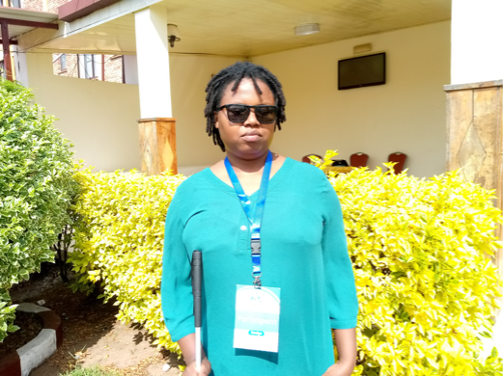
‘We Live in Our Own World’
For Rwandans with DeafBlindness, critical services like healthcare and educational systems rarely offer necessary accommodations like assistive devices and tactile sign language interpretation. Naomi Uwizeyimana shares her experience with inaccessible infrastructure: “You need a person to help you to communicate everywhere you go and to get every service you want, which cannot always be possible.” Her mission is to bridge the gaps and support the DeafBlind community to fully participate in society.
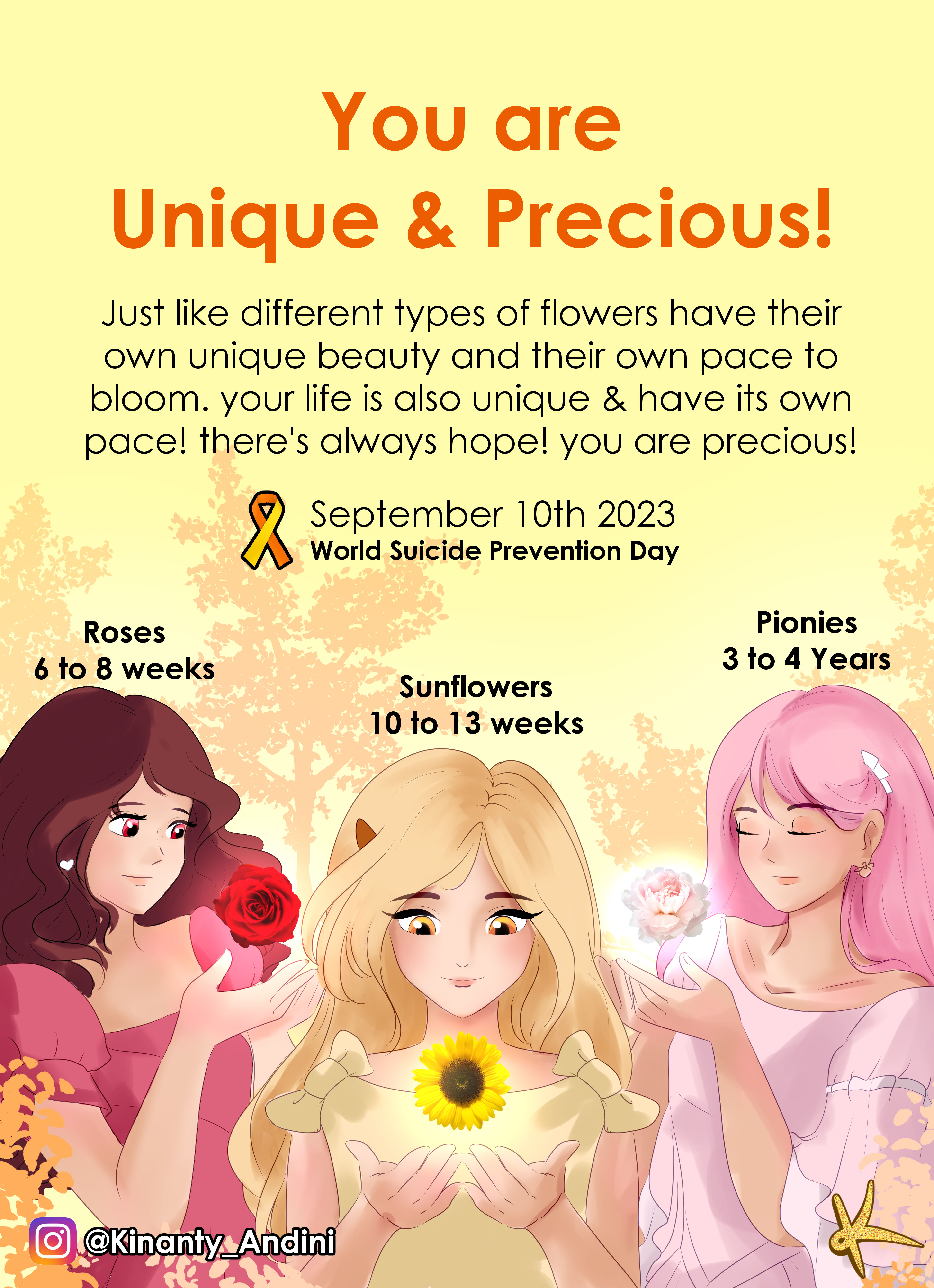
Art vs. Stigma
DJP Fellows Esther Suubi and Kinanty Andini both advocate for the rights of persons with psychosocial disabilities through their art and filmmaking, working to create a world free from stigma and discrimination. “I hope that people will realize that mental health is really important, and I hope that many people will not be ashamed if they find out their friends or their family or maybe themselves have mental illness,” says Andini. “We must speak up and prove that the stigmas are wrong.”
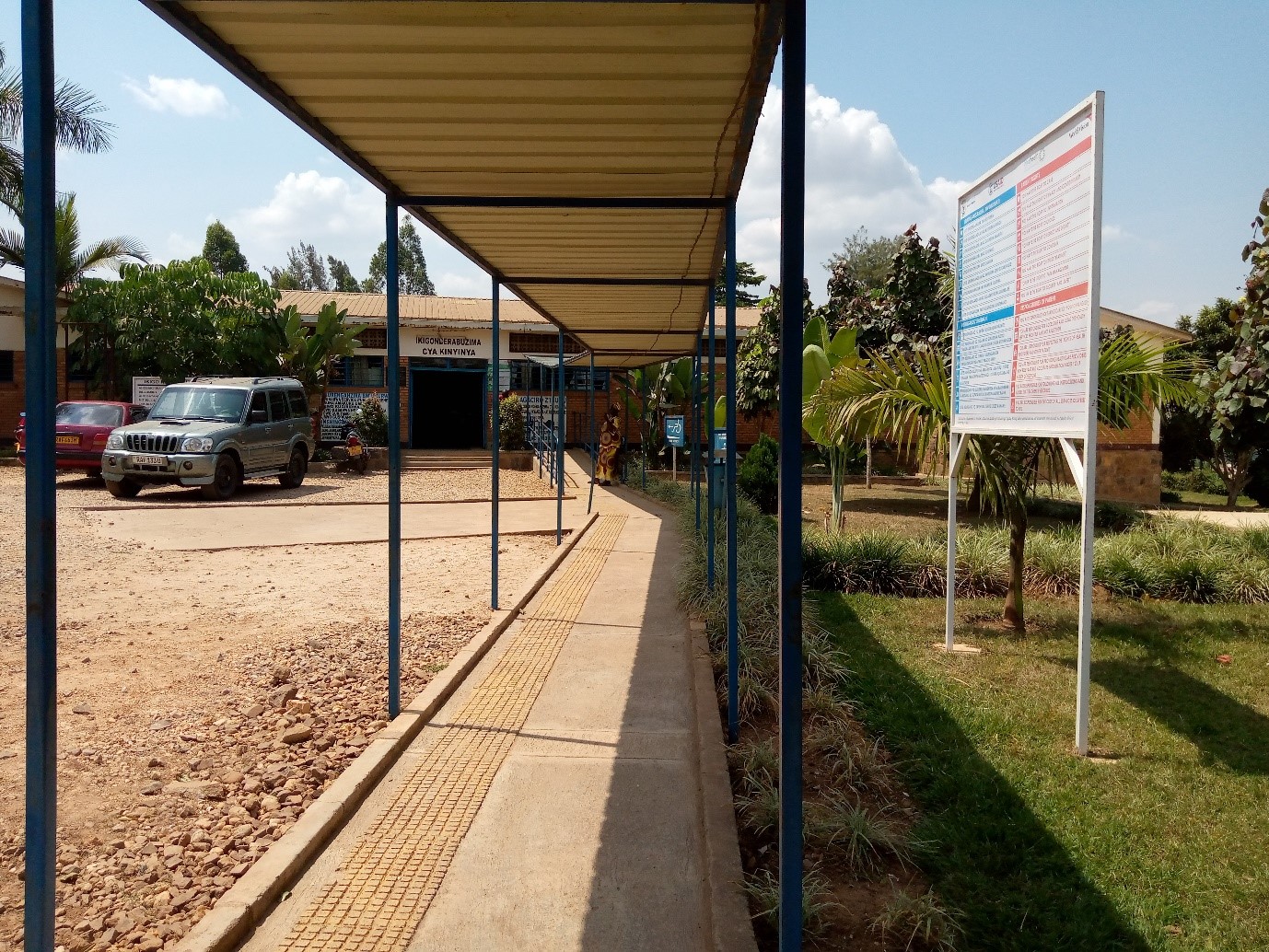
Inclusive Care
For decades, Rwandans with disabilities faced significant challenges to accessing health care. Now the country has embarked on an ambitious plan to renovate all of its outdated facilities, with accessibility as a priority. Thirty health centers have been updated so far, changing stairs into ramps, adding Braille signage and more. “Having access to health services to persons with disability in Rwanda is like dreams that we all wish to be true,” says Aimable Irihose of the Rwanda Organization of Persons with Physical Disabilities and Wheelchair Users.
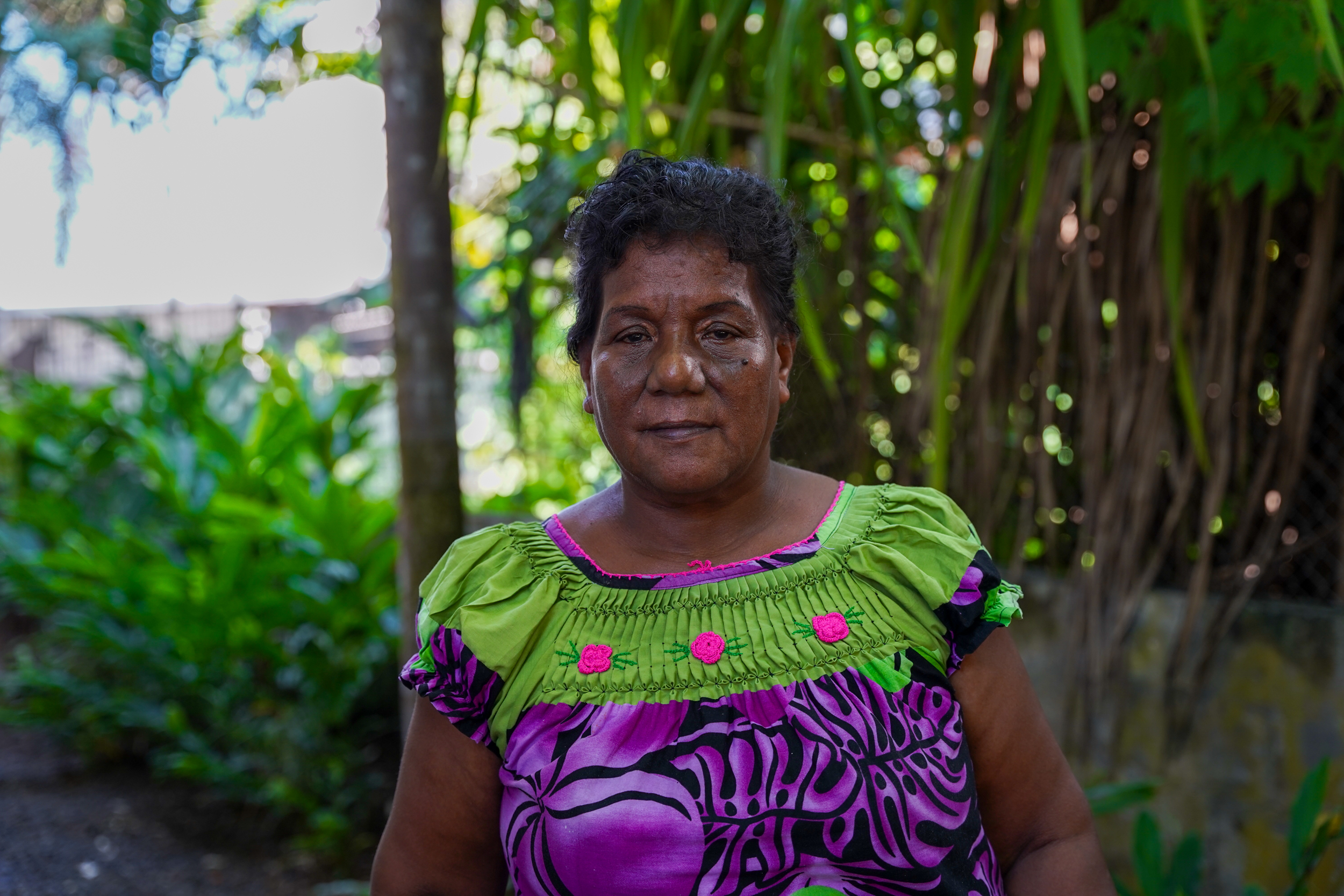
From Stage to Society
Terubeimoa (Ruby) Nabetari has been using the skills she learned as a composer of music and drama to help her organization, Te Toa Matoa, get their messages across about the rights of persons with disabilities in Kiribati. When she first became disabled from an accident, “I felt sad and confused … because I was well-known as a person who composed music and drama in my country,” she says. “But as time went on, I thanked God that I changed my mind and started to realize what I have to offer people with disabilities.”
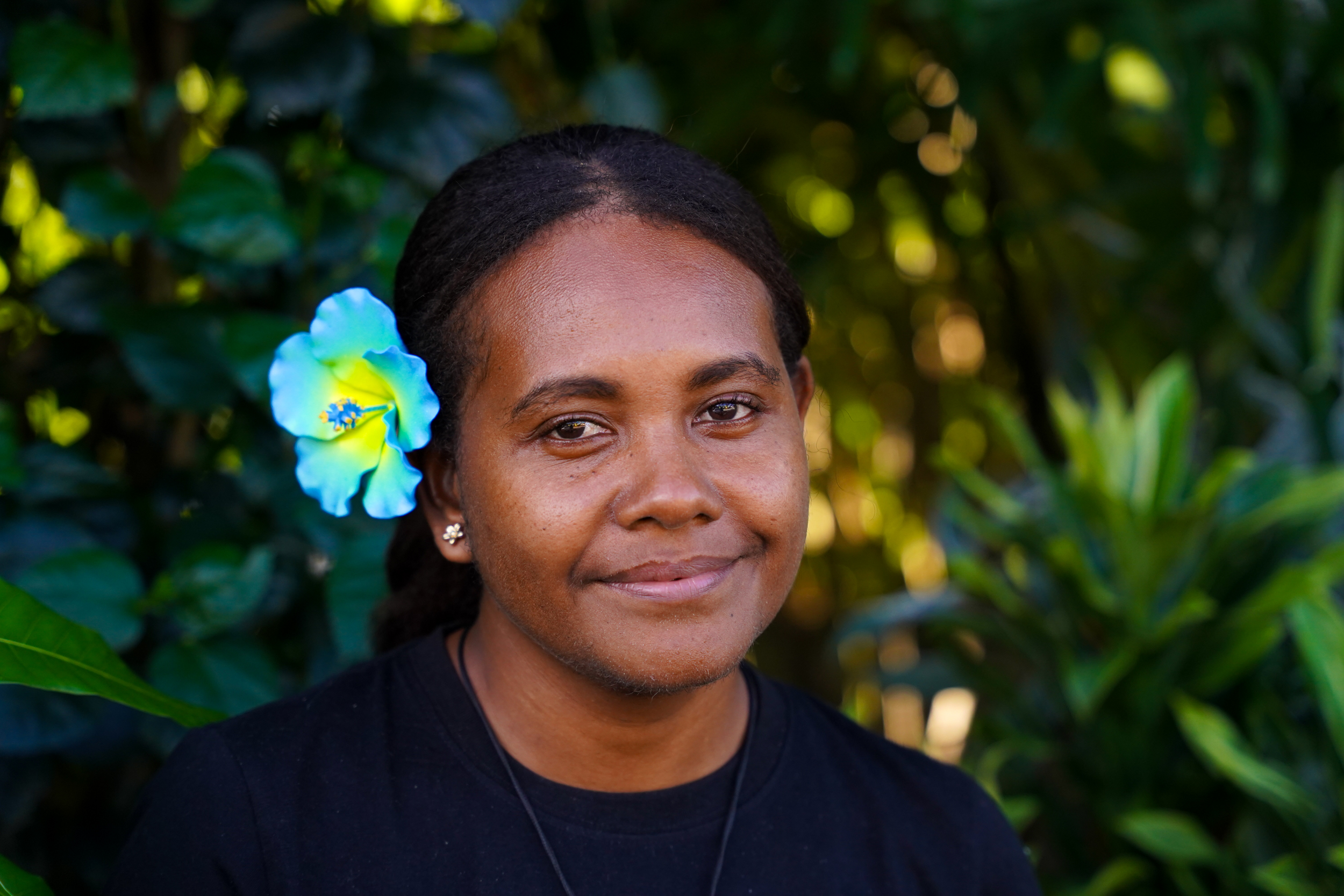
‘Count Me In, In Any Change You Make’
DJP Fellow Melvina Voua is advocating for the full inclusion of Solomon Islanders with disabilities in all aspects of climate change adaptation and mitigation. “When the crisis or the disaster happen, we always find it difficult to evacuate or access or even get prepared or respond,” she says. “All … plans must be inclusive and not excluding people with disability, like when designing evacuation centers or developing policies for climate change or disasters.”
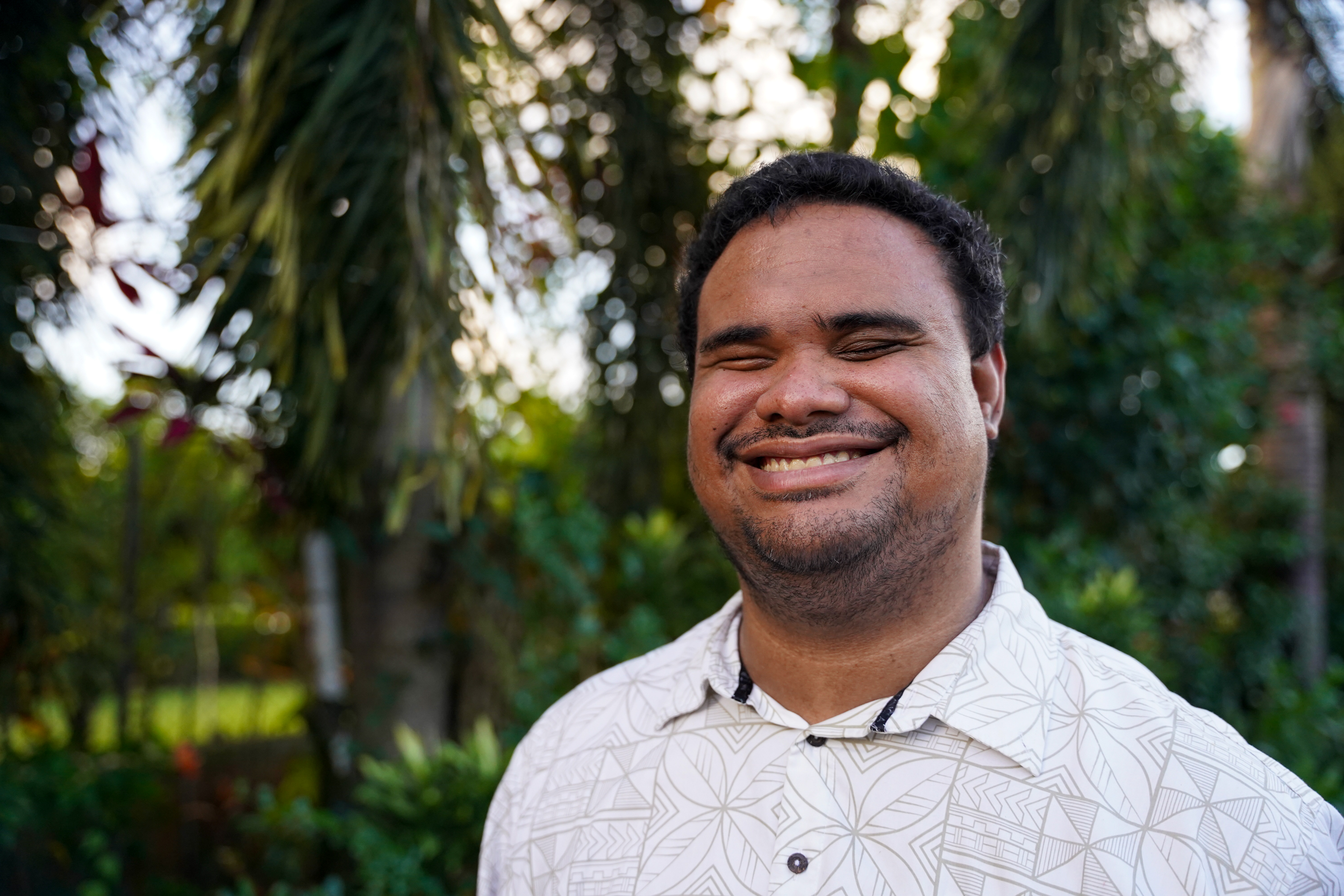
Pacific Myth As a Catalyst For Disability Justice
DJP Fellow Ari Hazelman is drawing on his region’s rich storytelling history to further the cause of disability rights. “When we think about our myths and legends that we have in our Pacific culture, that’s part of the stories that we grow up with,” he says. “So when you put it to the disability field, using the stories that we can document through the knowledge that we learn in this [DJP] workshop will help us to tell our stories and use those stories to make a positive change in our society.”
Read more about Pacific Myth As a Catalyst For Disability Justice
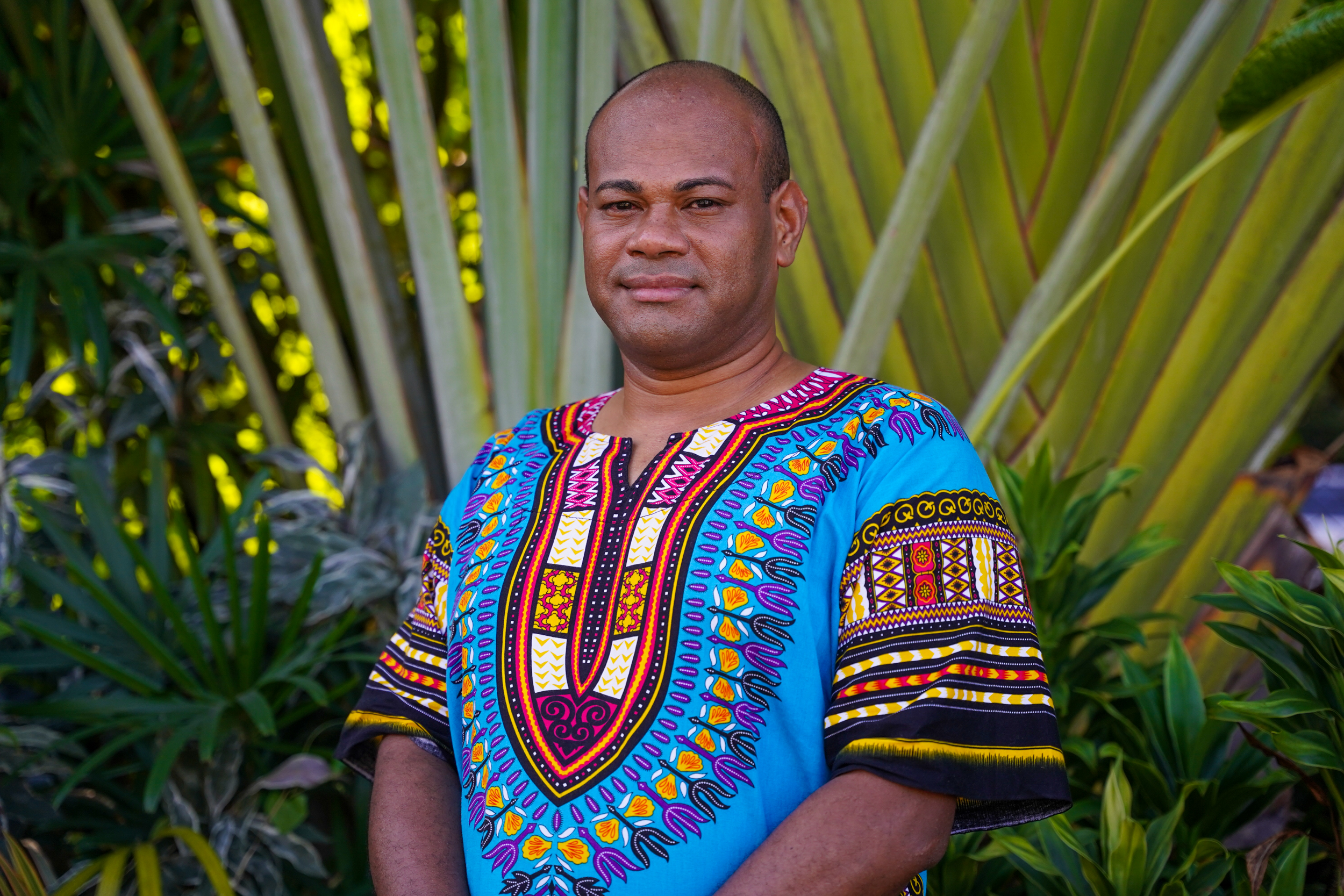
LGBTQI + People with Disabilities Should Not Be Left Behind
DJP Fellow Isoa Nabainivalu is a Deaf disability rights advocate for his country of Fiji. Since 2019, he has been focusing on advocating for the rights of one of the more marginalized groups in the Pacific – LGBTQI+ persons with disabilities. “First and foremost for us is for our members to come out, to feel comfortable, to know their rights and know how to use them in different spaces,” he says.
Read more about LGBTQI + People with Disabilities Should Not Be Left Behind

A Disability Rights Champion in the Pacific
Faaolo Utumapu-Utailesolo is a program officer for the Pacific Island Countries with the Disability Rights Fund. She is a longtime disability rights activist in Samoa. “As an advocate, you get knocked down by things,” she says, “and you keep going because you know that there are other people with disabilities who need a lot of support and who will need you to be paving the way.”
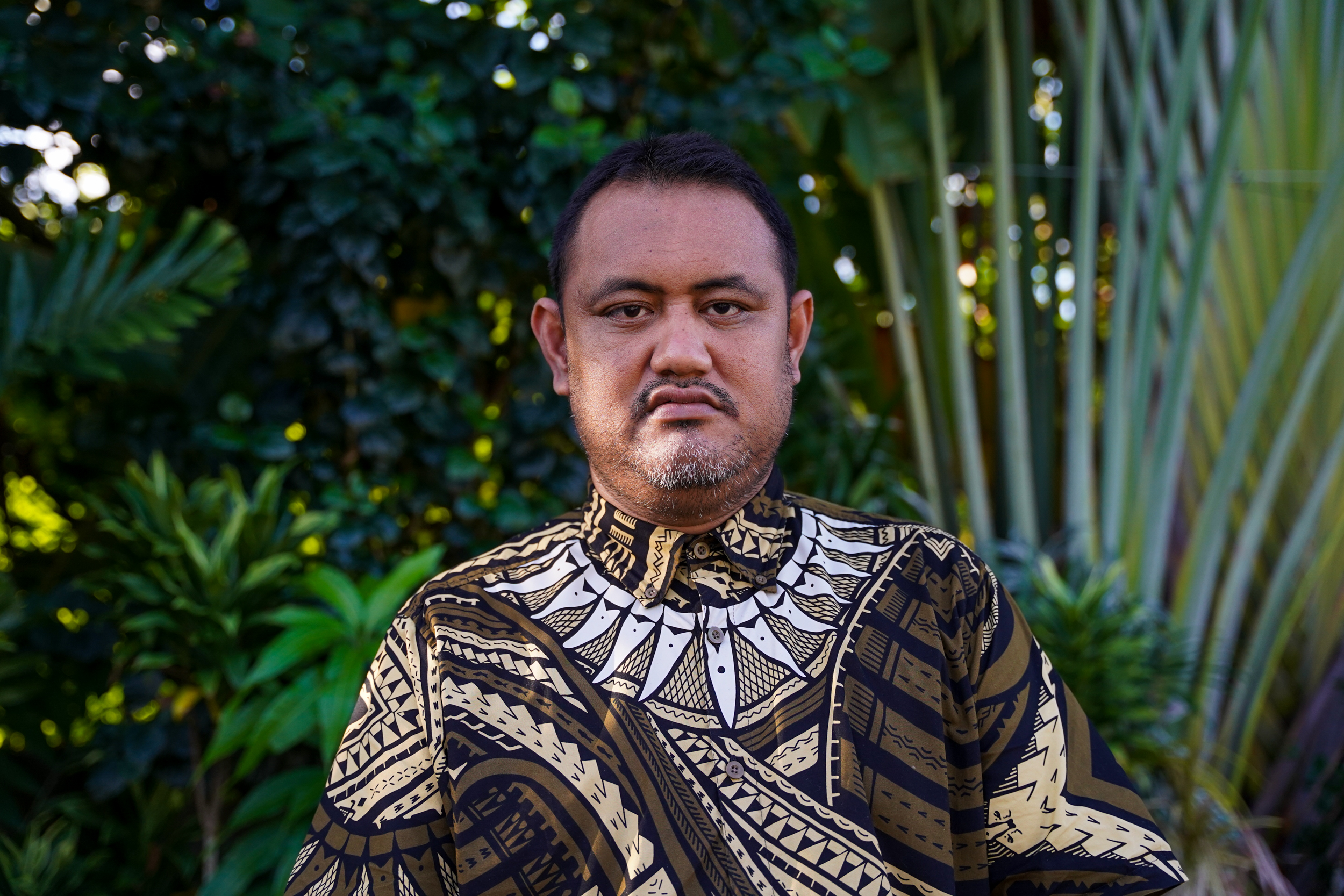
Breaking Barriers Through the Lens
DJP Fellow Sa Utailesolo wants to share the video production skills he learns from the DJP program to further the cause of disability rights in Samoa: “First thing when I return back to our office, it’s to make a video. The other thing is to train and share my knowledge with other colleagues.”
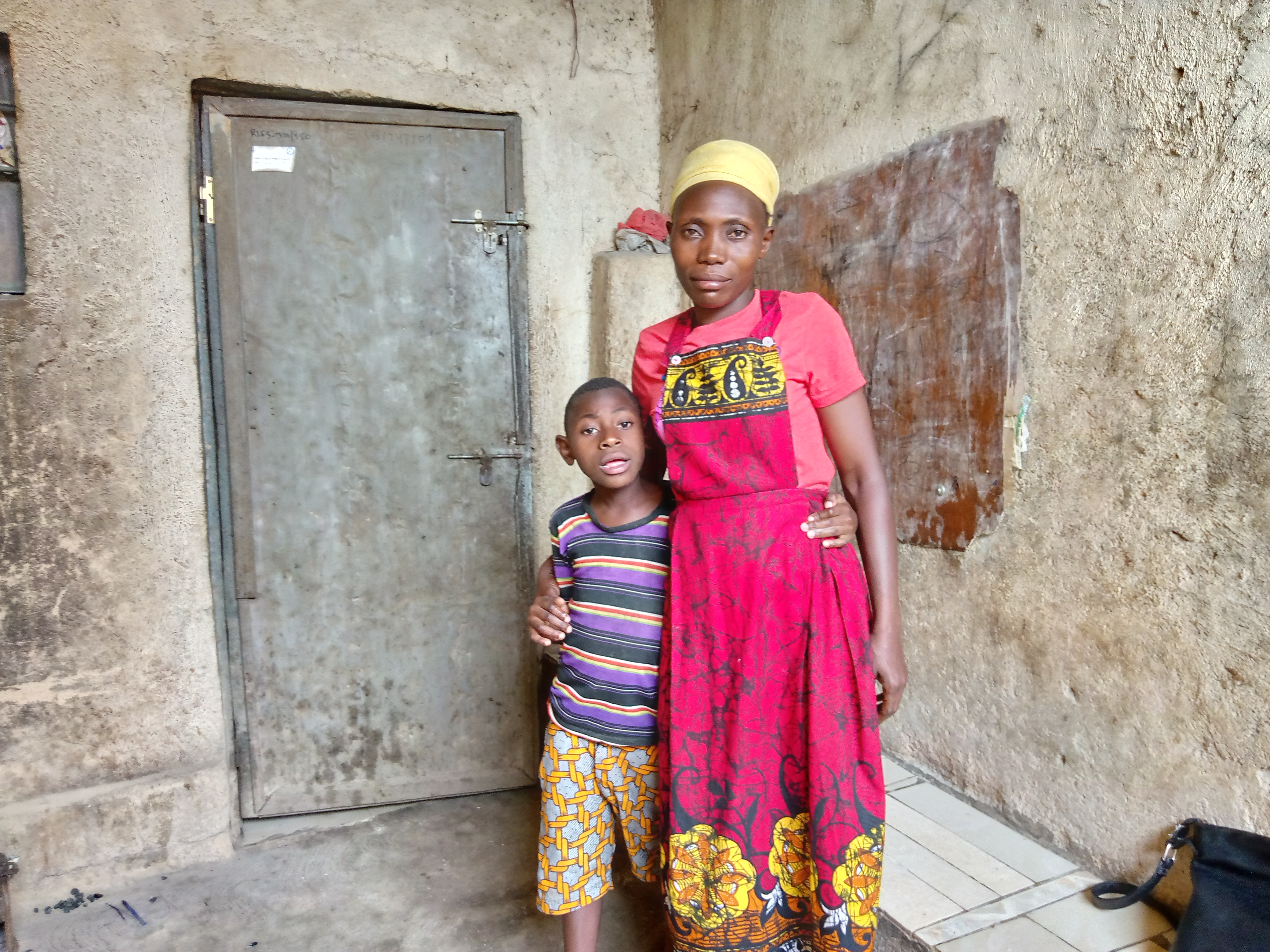
‘I Wish to Live a Normal Life’
Rwandan parents of children with intellectual disabilities often face an agonizing choice: working outside the home or caring for their children. Either option can spiral a family into poverty or keep them there. “I become speechless when it is about discrimination faced by parents who have children with intellectual disability,” says Pacifique Uwizeyimana, mother to 8-year-old Samuel.
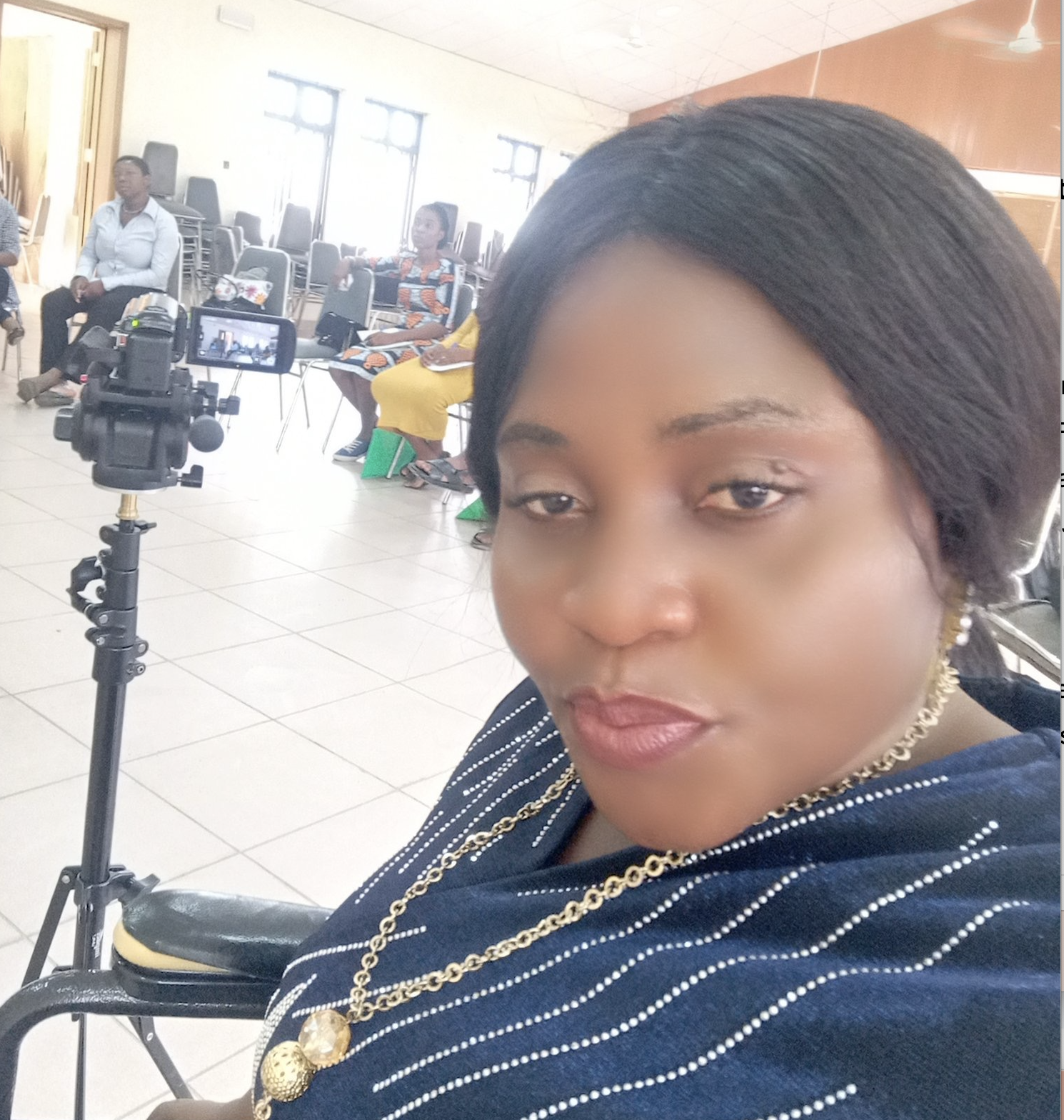
‘A View From Somewhere’
DJP staff, partners, and fellows reflect on two years of “taking back the narrative” on disability. “Through the DJP, I was able to advance my advocacy level … for women with disabilities, most especially people with DeafBlindness,” says disability rights activist Oluwabukolami Omolara Badmus, an inaugural DJP fellow from Nigeria.
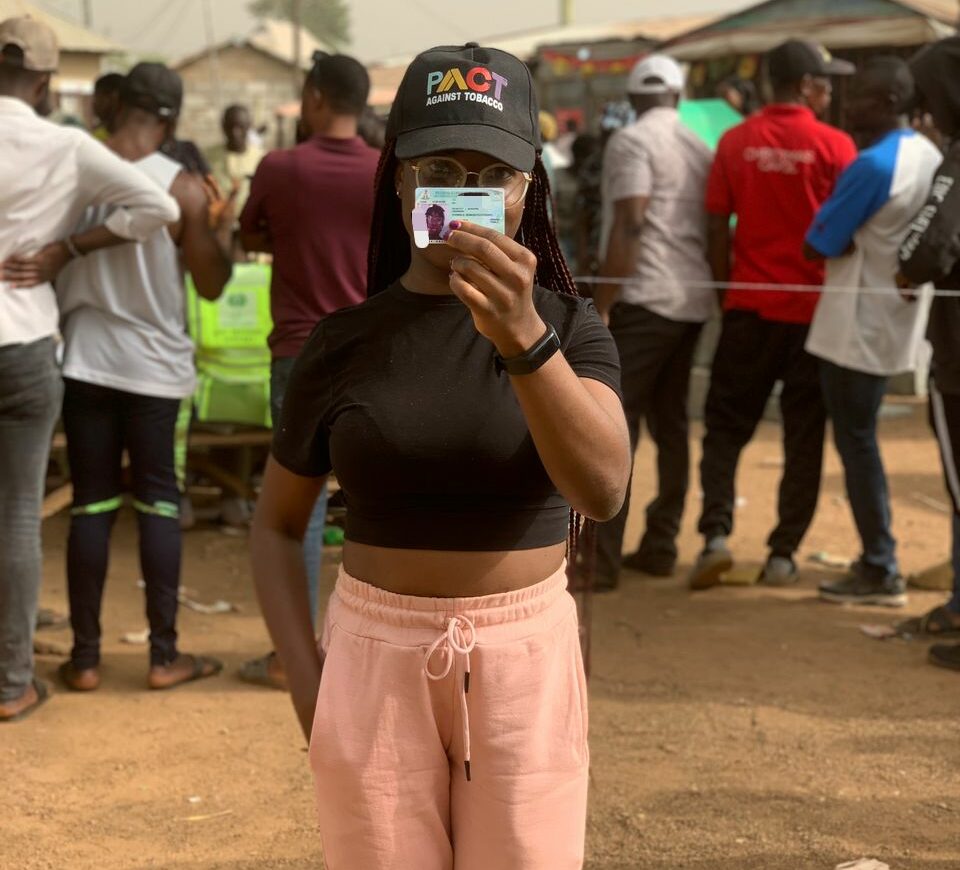
I Voted
DJP Fellow Benedicta Oyèdayọ̀ Oyèwọlé chronicles the challenges she and other Nigerians with disabilities faced voting in her country’s February elections, from faraway polling places to no assistive materials like magnifying glasses. She urges more inclusion in the House of Assembly and gubernatorial elections on March 18.
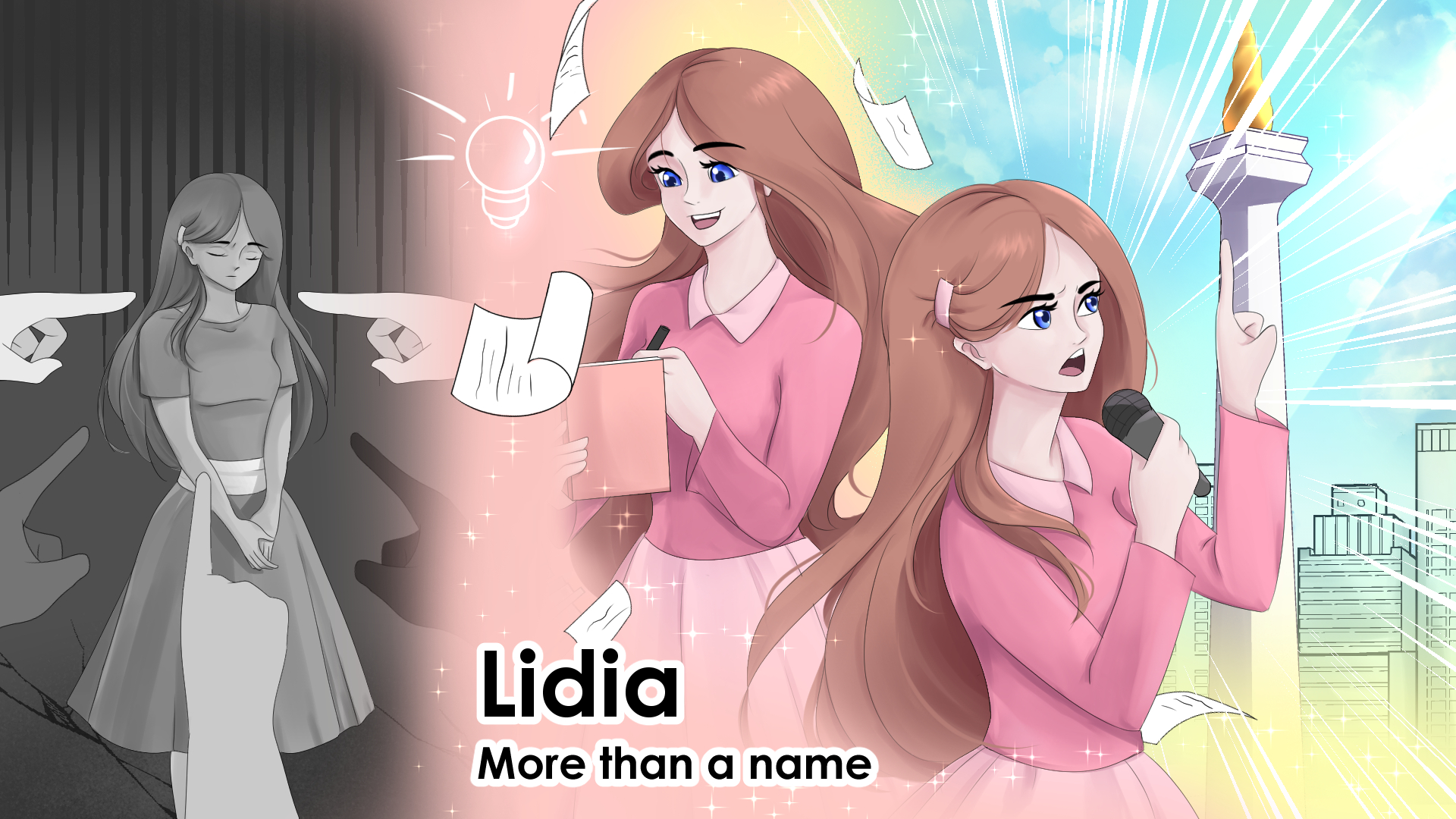
More Than A Name
Lidia Lebang, a mental health advocate and author, says she is more than her name: “I am a woman – a gender often seen in Indonesia’s patriarchal society as a second, or inferior, gender. I come from a working-class family. I live with bipolar disorder, which makes me a person with a disability. These are parts of my identity that make me who I am now.”

Toward Equitable Health Care
Rwandans with disabilities face significant barriers to accessing health care. For those with short stature, this includes hospital beds and reception windows that are too high. “Sometimes we are served after others or choose to stay home,” says one advocate for more inclusive services and infrastructure.
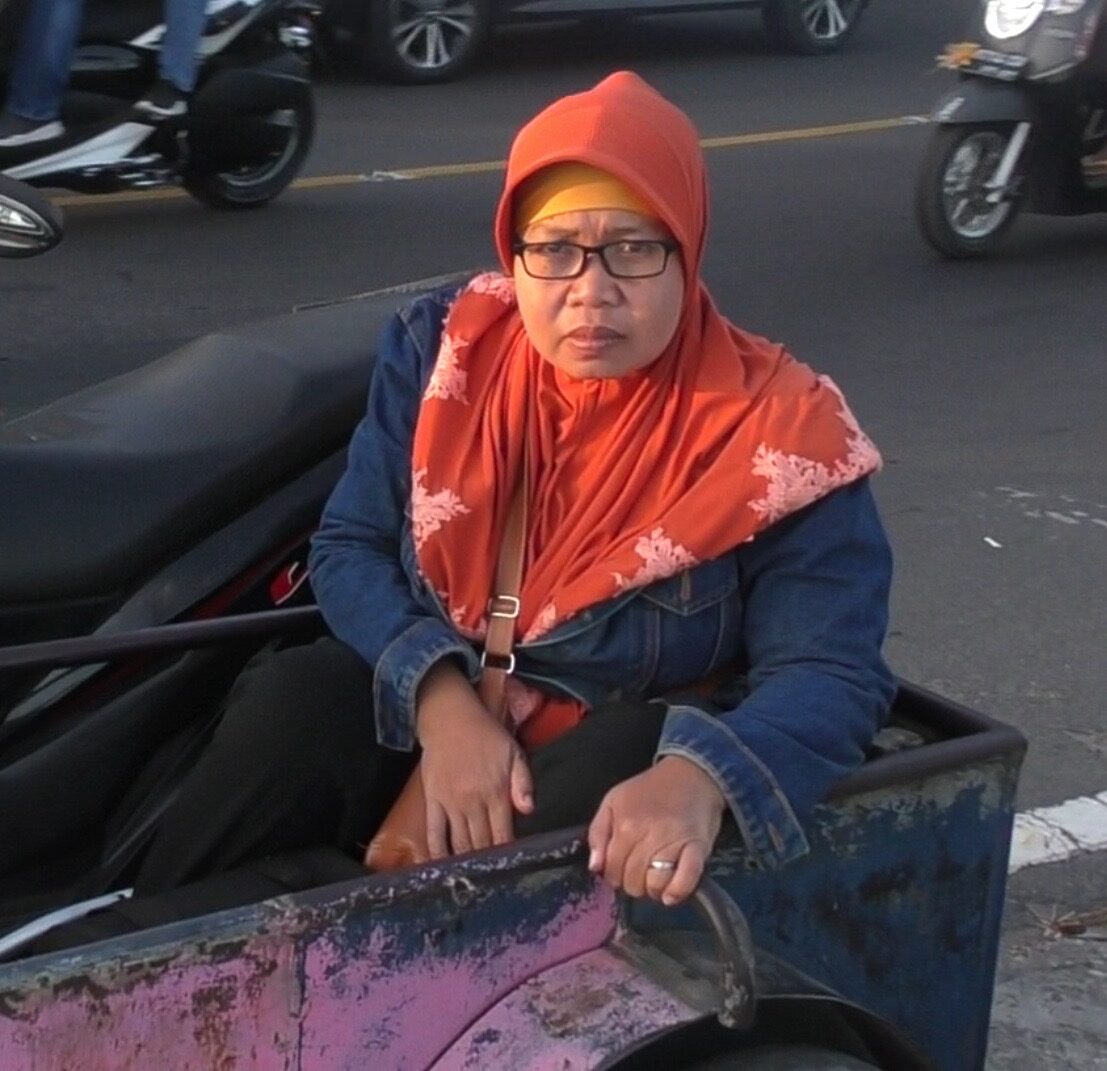
‘I Never Imagined I Could Do This’
Dissatisfied by the way local news portrays people with disabilities, DJP Fellow Sri Sukarni is determined to use her new video skills to share issues important to her community. At the top of her agenda is the lack of accessible public service buildings. “This is what I want to convey to the media, to the government,” she says.
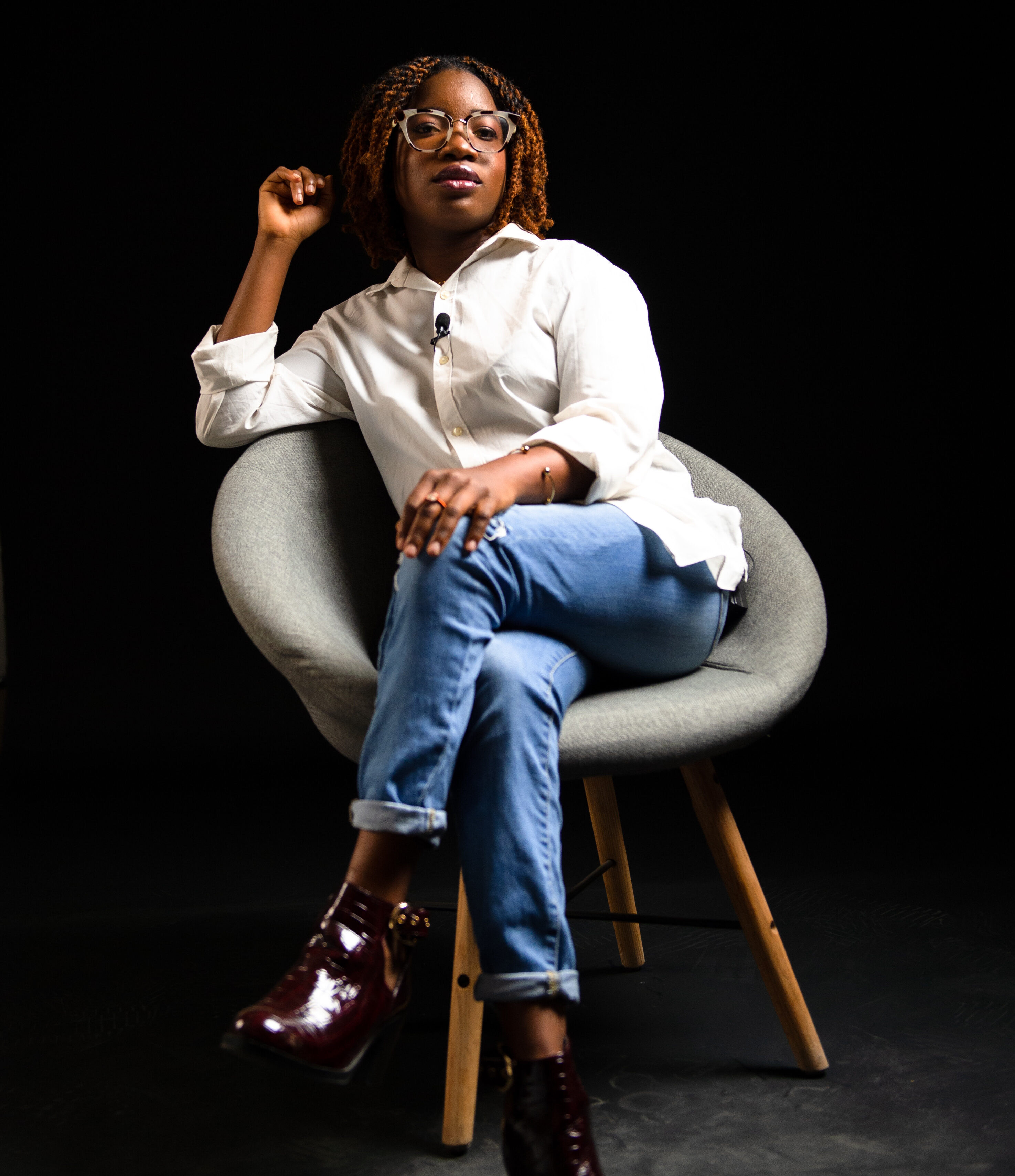
‘You Can’t Legislate Attitudes’
When DJP Fellow Benedicta Oyèdayọ̀ Oyèwọlé was a child, a pastor laid hands on her to “cast out the demons” and blamed her disability on witches. Today, Oyèwọlé is working as an advocate for Nigerians with disabilities to end discrimination: “It’s people’s attitudes that need to be transformed. You can’t legislate attitudes.”
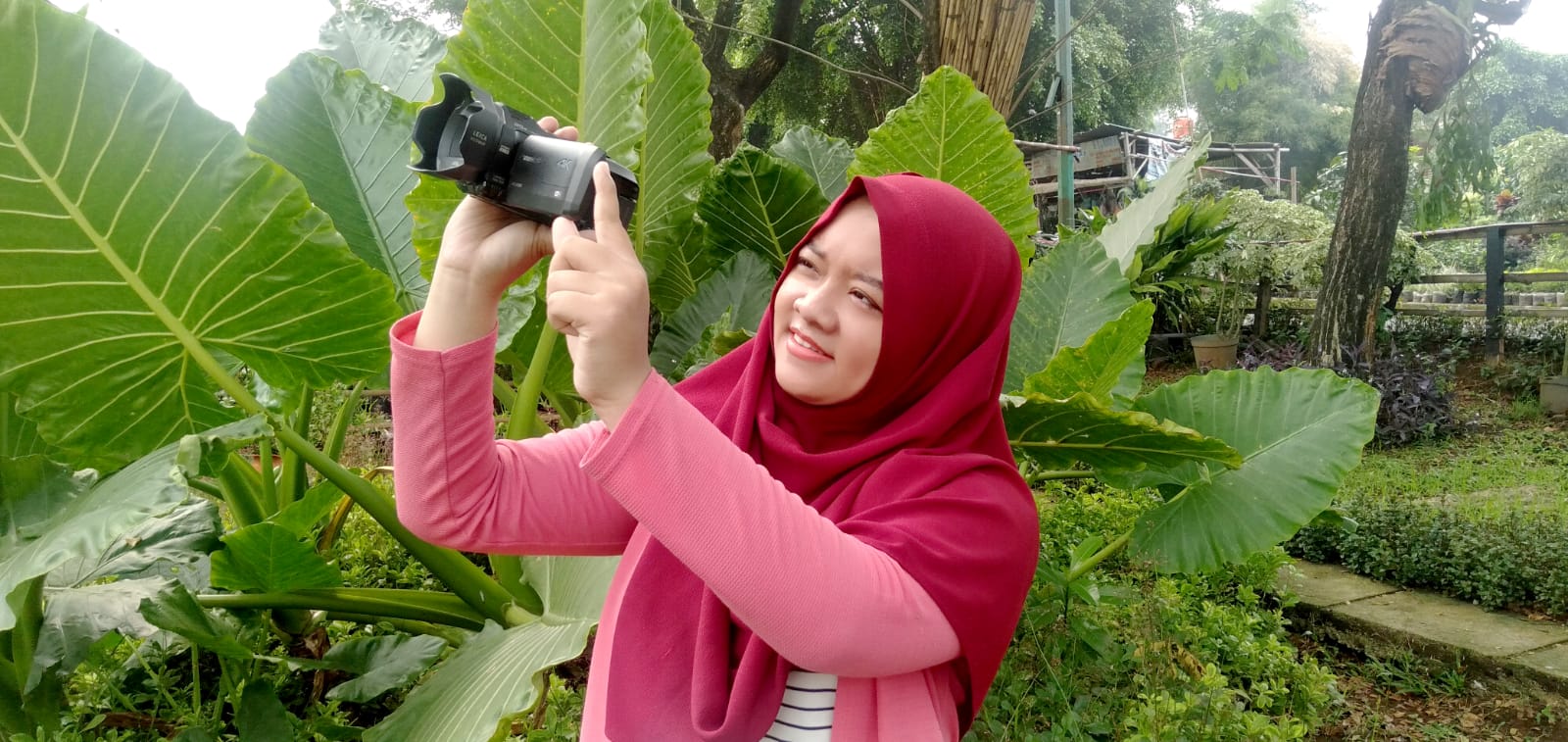
‘Videos Are Like Art to Me’
When she was four years old, DJP Fellow Kinanty Andini drew all over the walls in her mother’s house. Now she’s using her creativity to make films that fight against mental health stigmas. “I want to show the society who we really are,” says Andini. “I want people to know that we are not what the stigma says about us.”
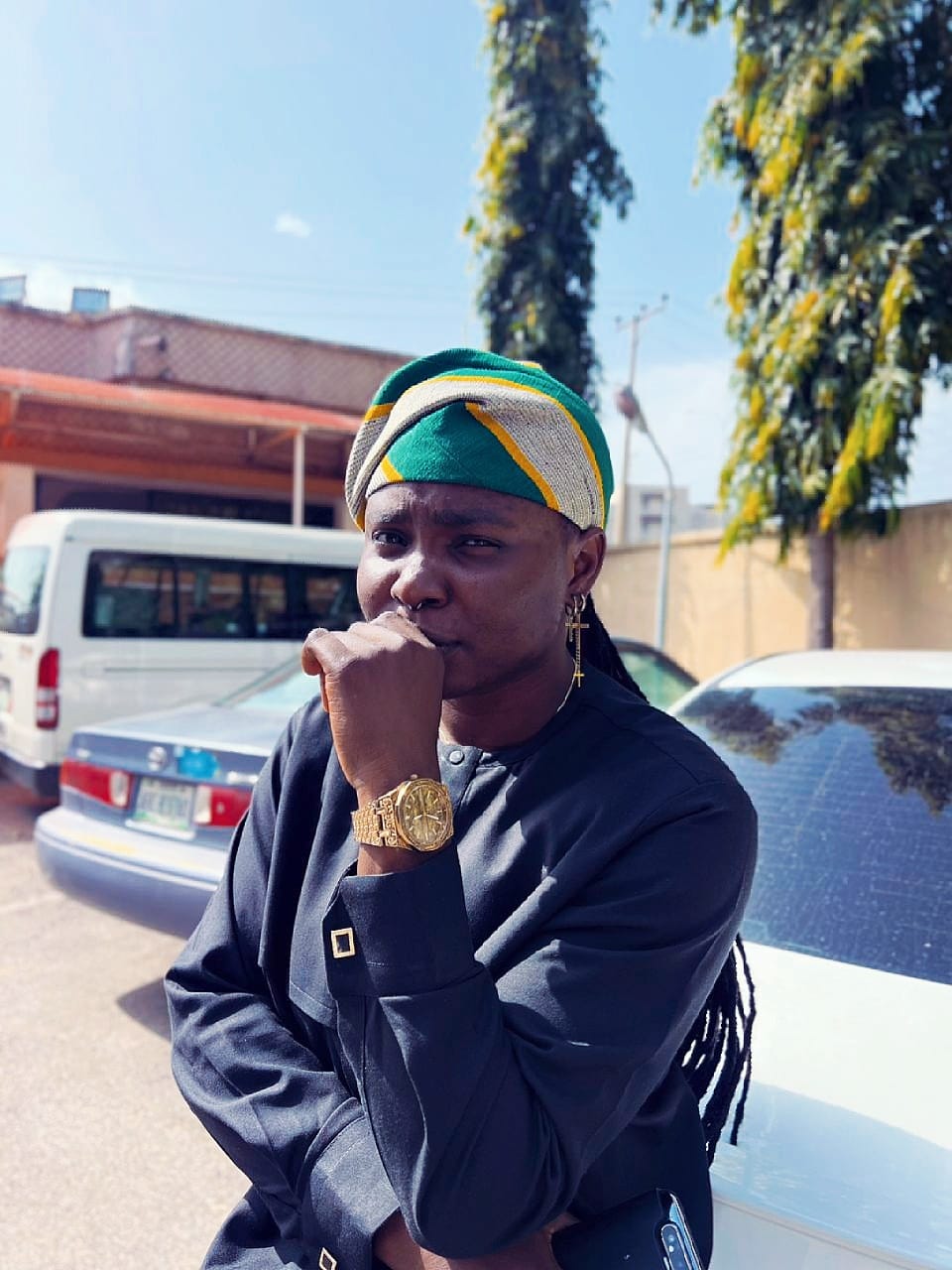
When Identities Collide
Olúwáṣeun Oníyídé Olútòni says that living at the intersection of multiple marginalized identities has shaped the way the world sees her – and how she sees the world: “My disability, gender identity, and queerness are not separate parts of me. They are parts of what makes me whole.”
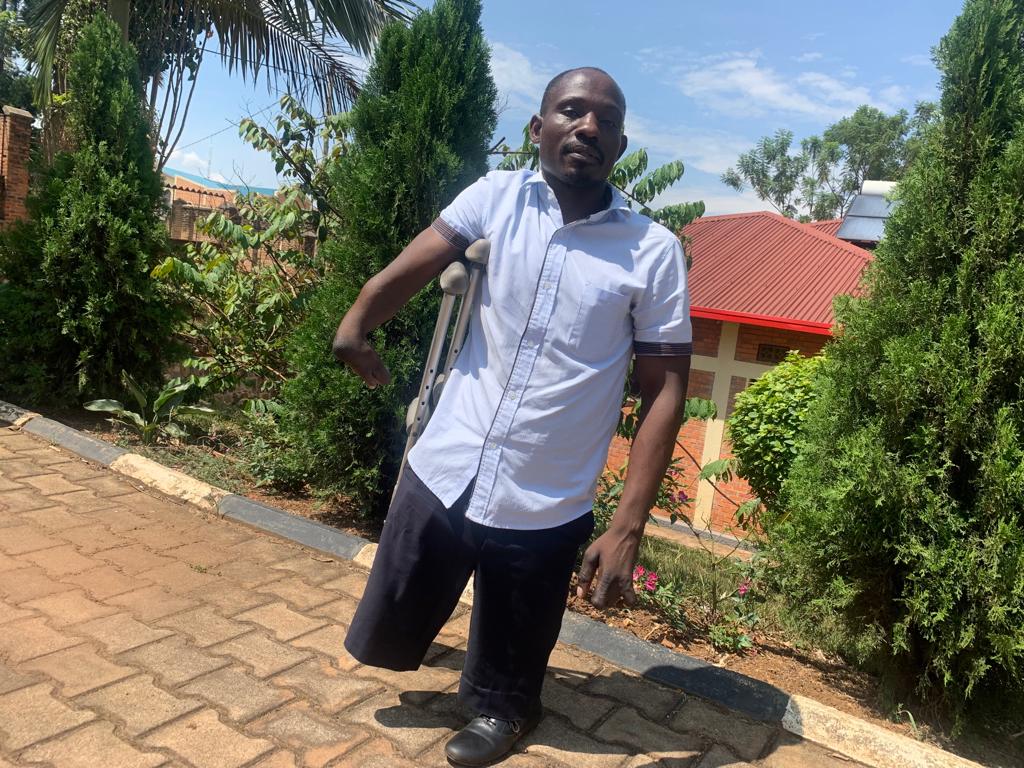
Shut Out
Accessible job opportunities are few and far between for persons with short stature in Rwanda, says Vice President of the Rwanda Union of Little People Manasseh Nzanira. A woman with short stature who has remained unemployed despite having a bachelor’s degree for over four years shares her story.
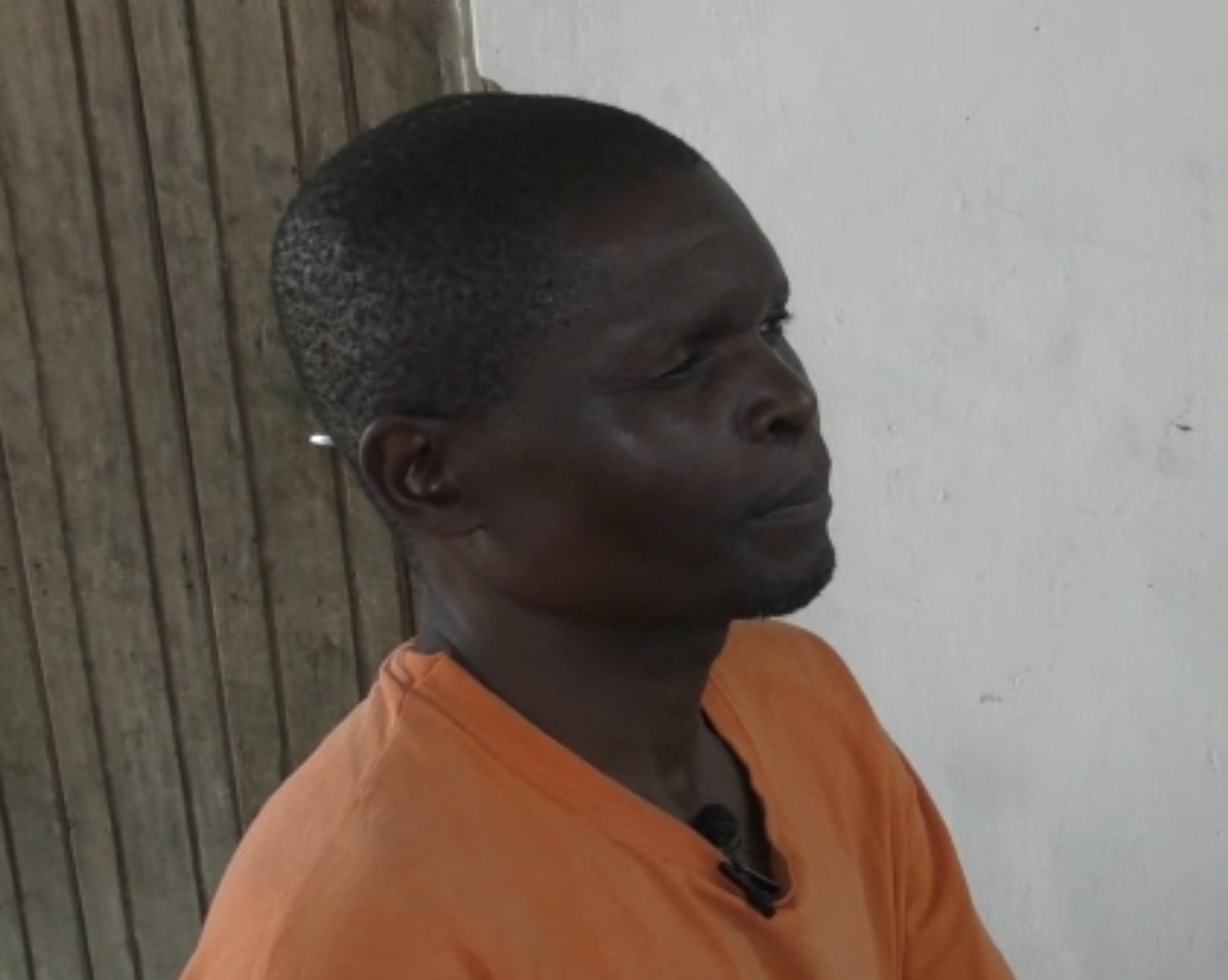
Financial Exclusion
A national effort to reduce poverty through the provision of small-scale loans in Malawi is not reaching persons with disabilities, advocates say. A man with a disability recounts his experience applying for a loan, and a Malawian disability rights advocate shares his hope for equal loan access for persons with disabilities.
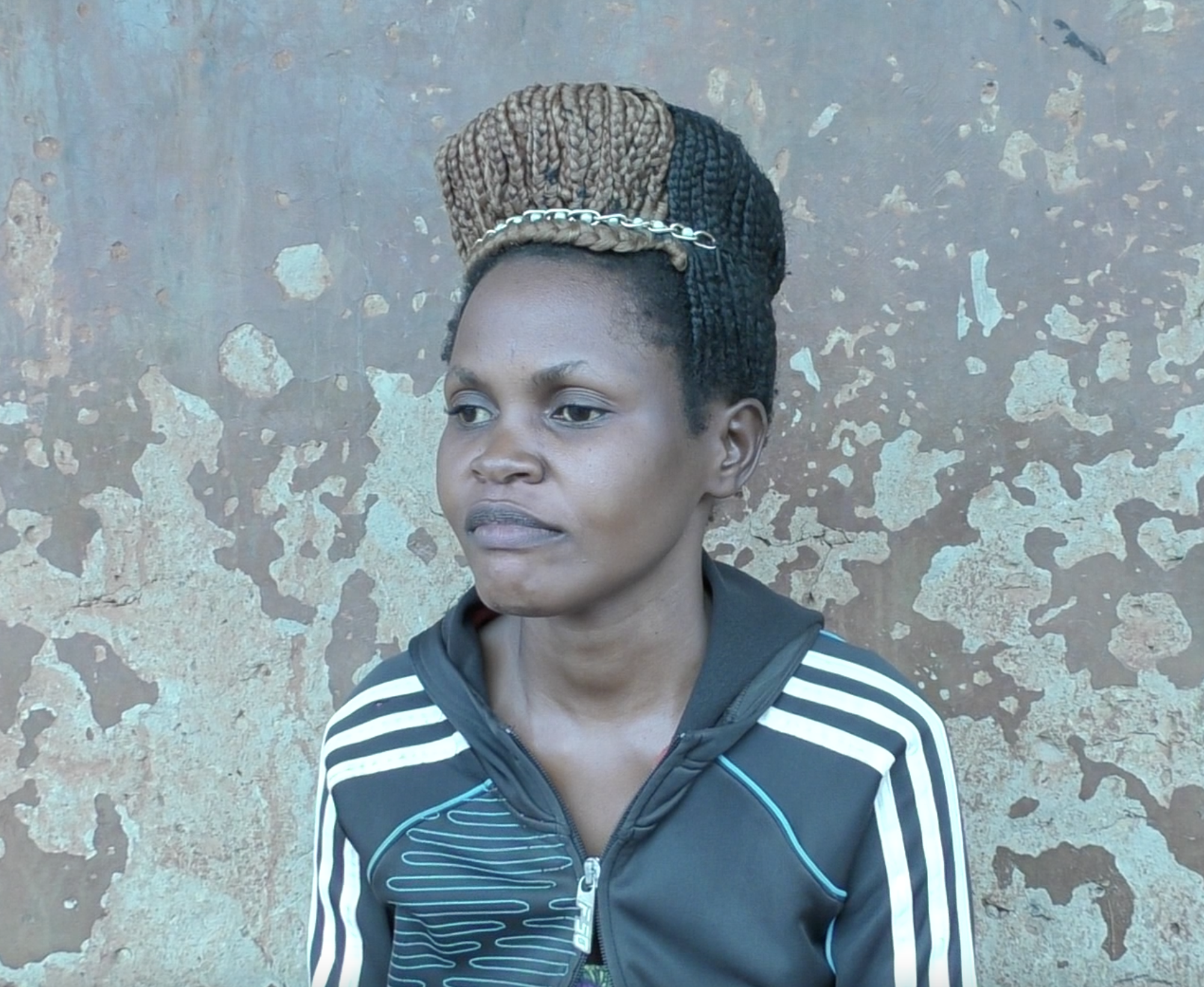
Leave No Woman Behind
When Esther Nandego lost her sight, people in her village considered her “irrelevant,” and she lost her job plaiting hair. As a single mother, Nandego had no way to support her herself and her children. With her mother’s help, she confronted her own negative self-talk and found ways to survive. Now she dreams of one day owning her own salon.
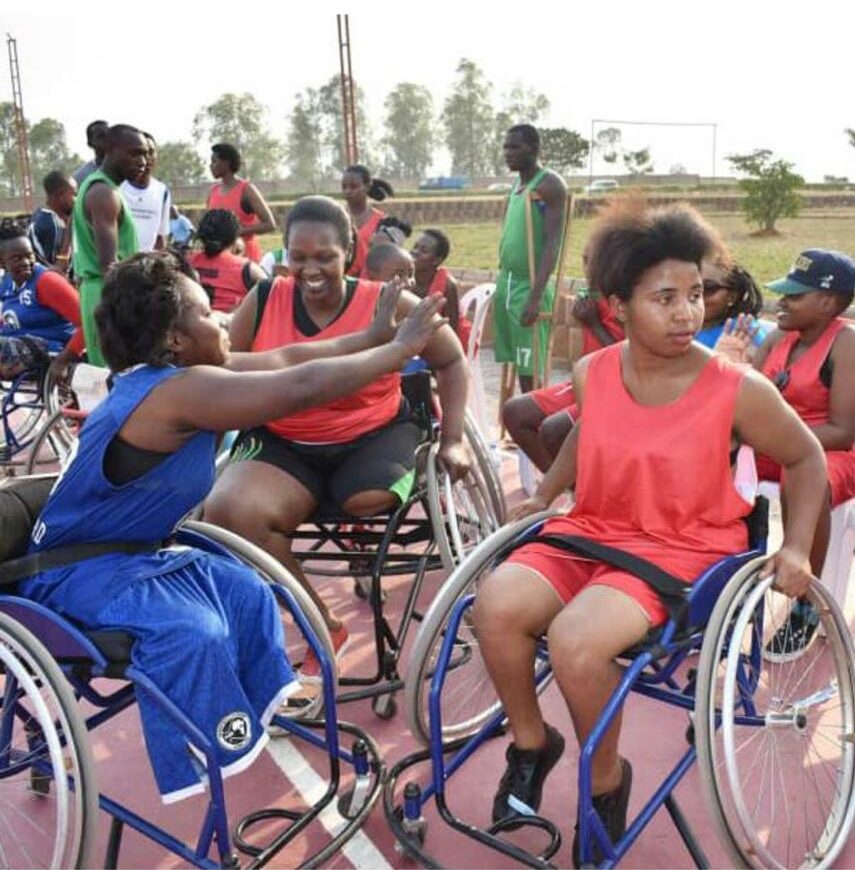
A Dream Reimagined
10 years after she had to stop playing basketball due to a car accident, disability activist Marie Louise Mukangoga has revived her love for the sport, and is working to make it more accessible for women with disabilities in Rwanda.
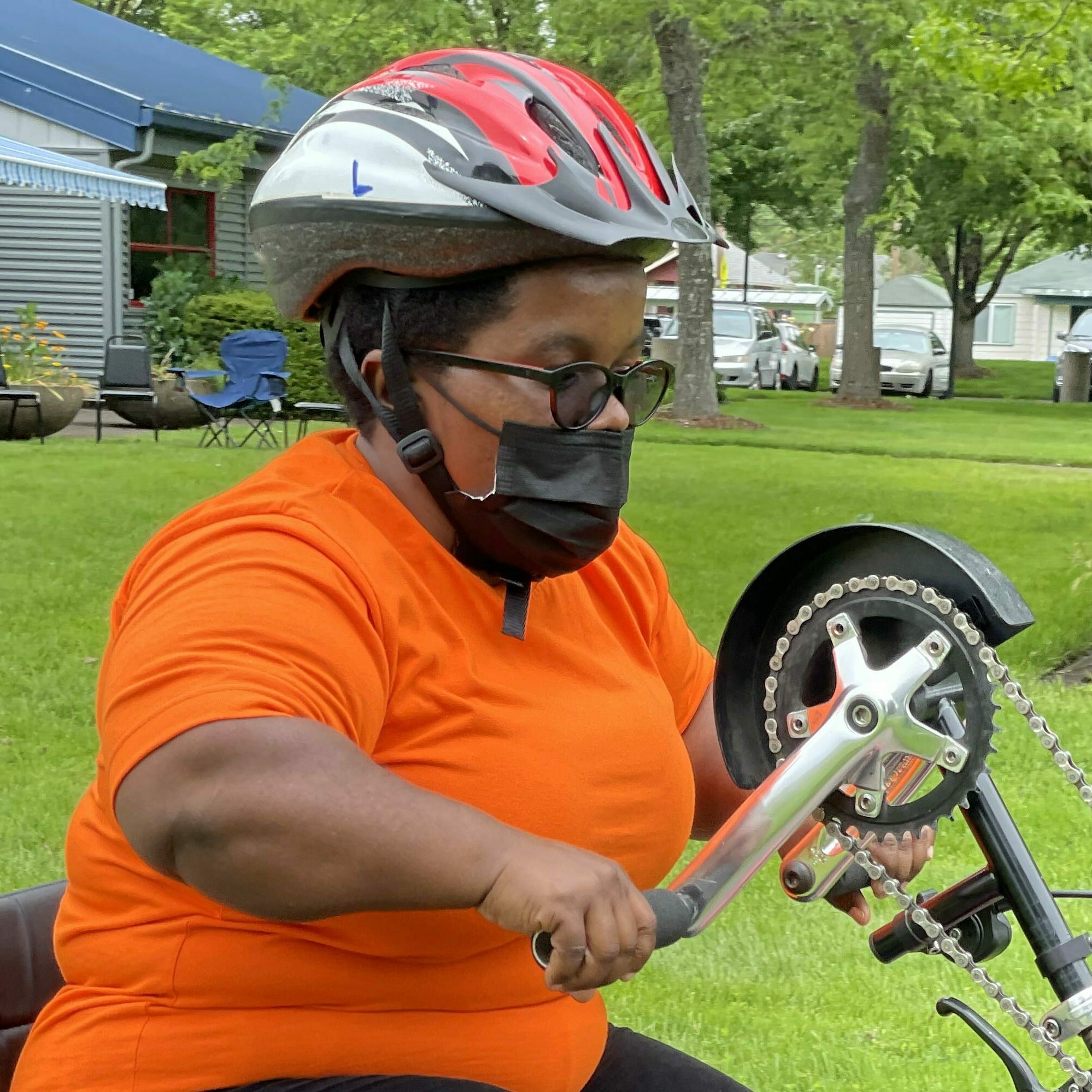
Creating an Inclusive World
In primary school, DJP Fellow Esther Mukampogazi faced such intense bullying, she stopped attending classes. With encouragement from her mother, she re-entered school and eventually obtained a college degree in communications and journalism. Now Mukampogazi is using her media skills to advocate for women with disabilities in Rwanda.
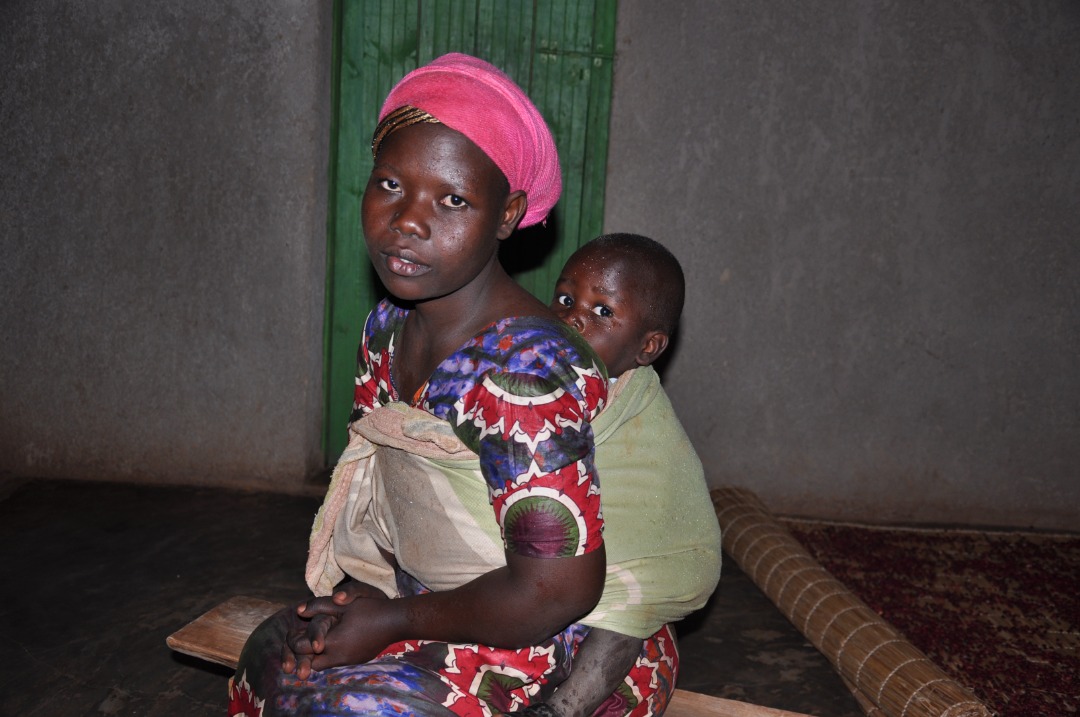
It’s Time to Talk About It
Sexual and reproductive health education is a critical resource that is largely inaccessible for women with short stature in Rwanda, says Appoline Buntubwimana, legal representative at the Rwanda Union of Little People. Four women who have experienced this inaccessibility share their stories, and Buntubwimana describes her hope for a better future.
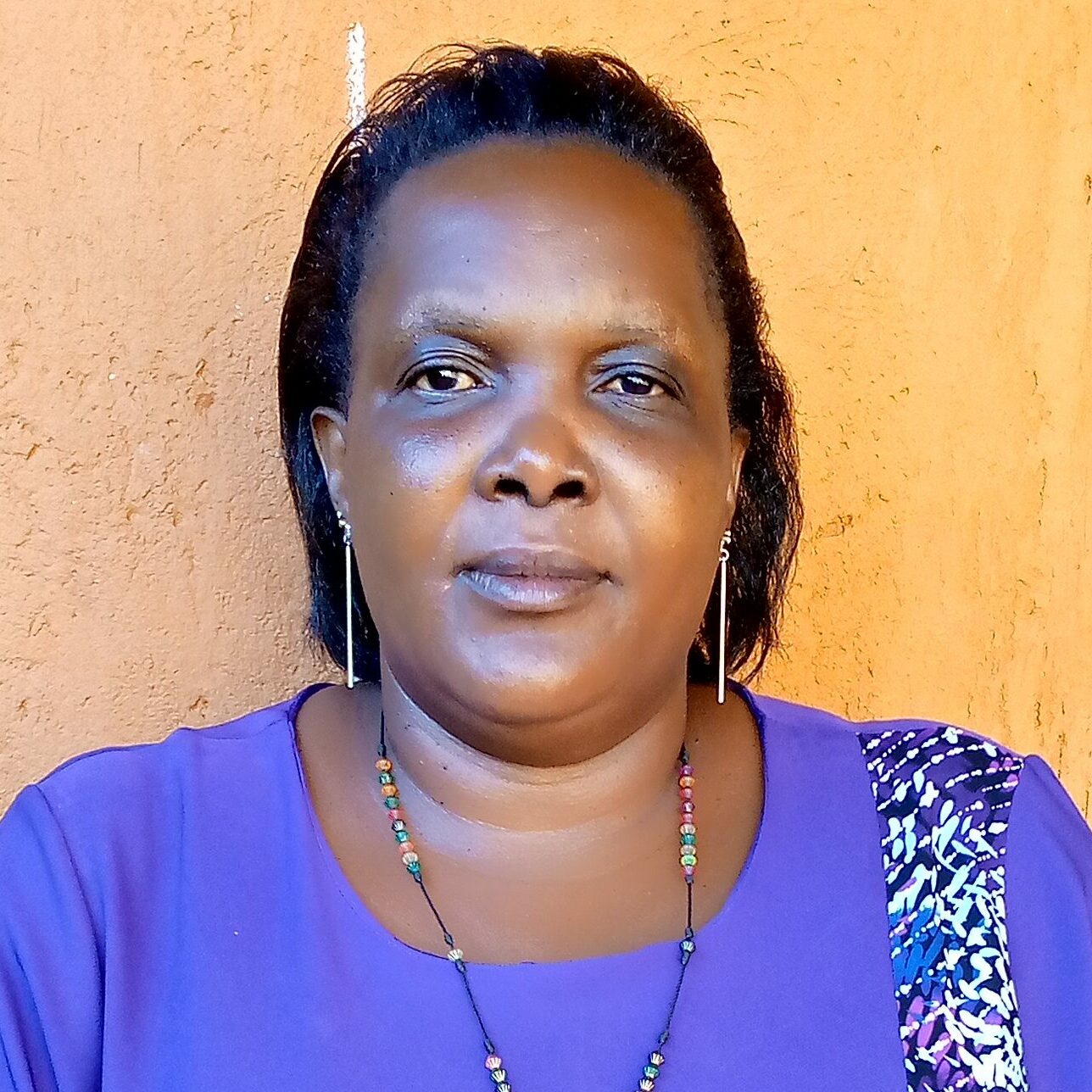
Leading the Charge
Christine Oliver Dhikusooka, DJP Fellow from Uganda, is also a local politician and executive director of a disability advocacy organization. She hopes to get more Ugandan women with disabilities involved in advocacy: “I think if we go on collaborating, networking, hearing from each other, I think it will be good.”
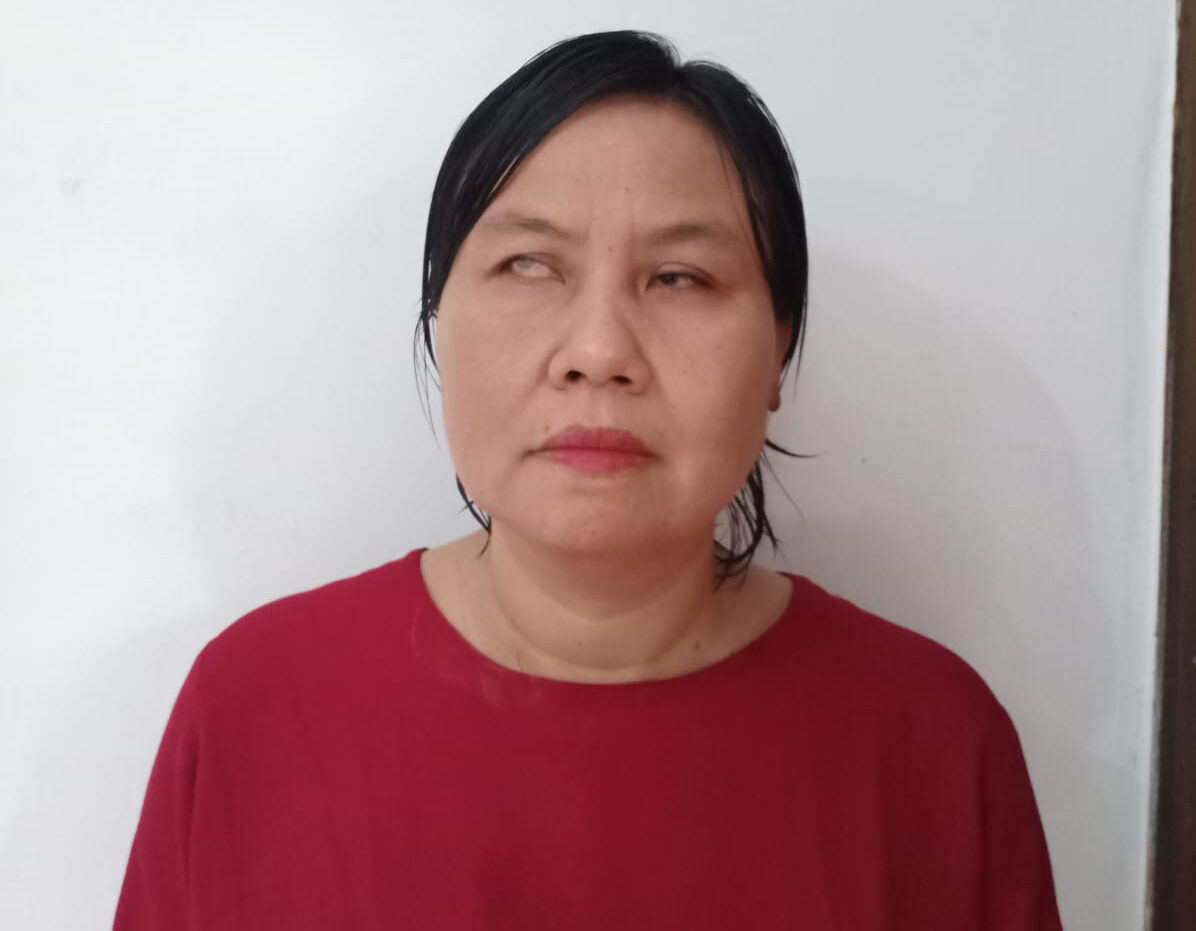
As Long as You Have a Story to Tell
DJP Fellow Retta Maha is the first blind filmmaker the DJP has worked with, and she’s paved the way in showing how individuals who are blind or low vision can tell video stories: “I found that blind people also can be filmmakers, as long as they get support. The blind have their own idea of … what the story is, and then the sighted people can help them make it real.”
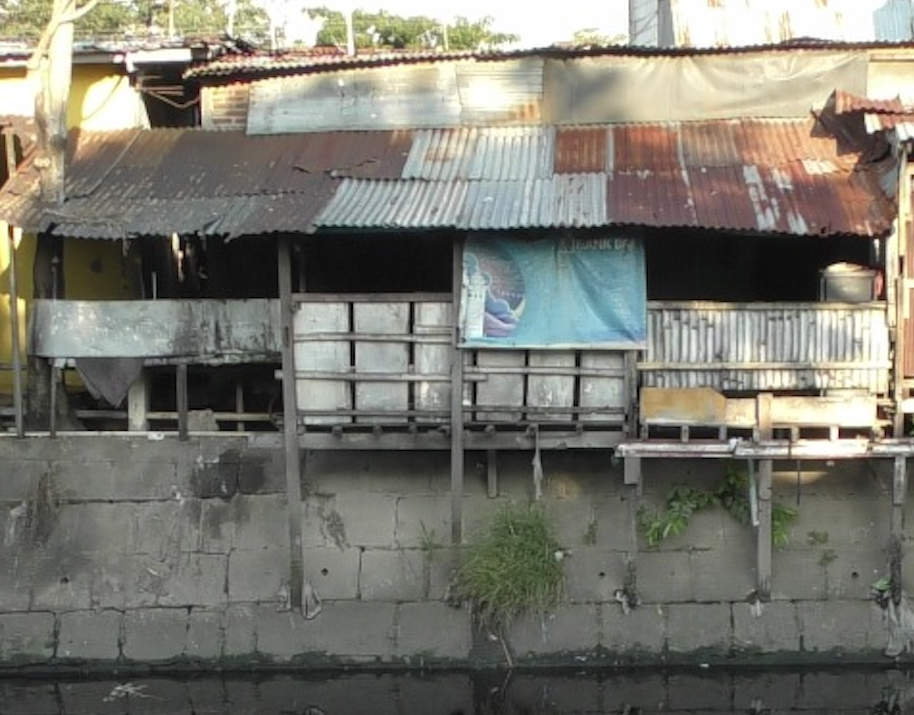
‘Everyone Has Dreams’
Misconceptions surrounding leprosy continue to have significant impacts in Indonesia, a country with the third-highest incidence of leprosy in the world. In Jongaya, people experiencing leprosy live separately from the rest of the population in South Sulawesi. One former resident shares her story.
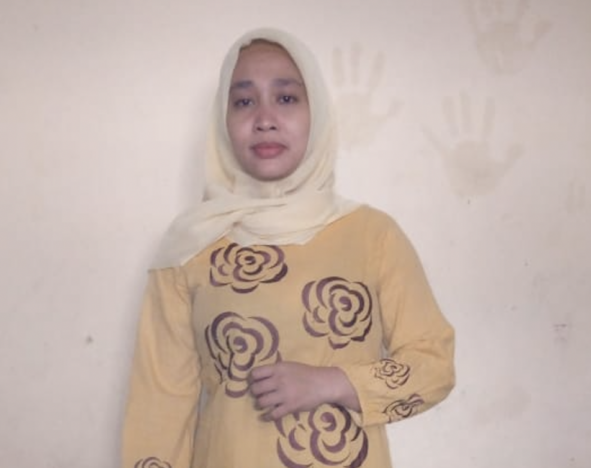
The Right to Health
Six years after Indonesia passed its disability law and 11 years after it ratified the UN Convention on the Rights of Persons with Disabilities, Indonesians with disabilities still do not have equal access to healthcare. Forced to go without medical treatment, many become sicker and perhaps more disabled and fall deeper into debt.
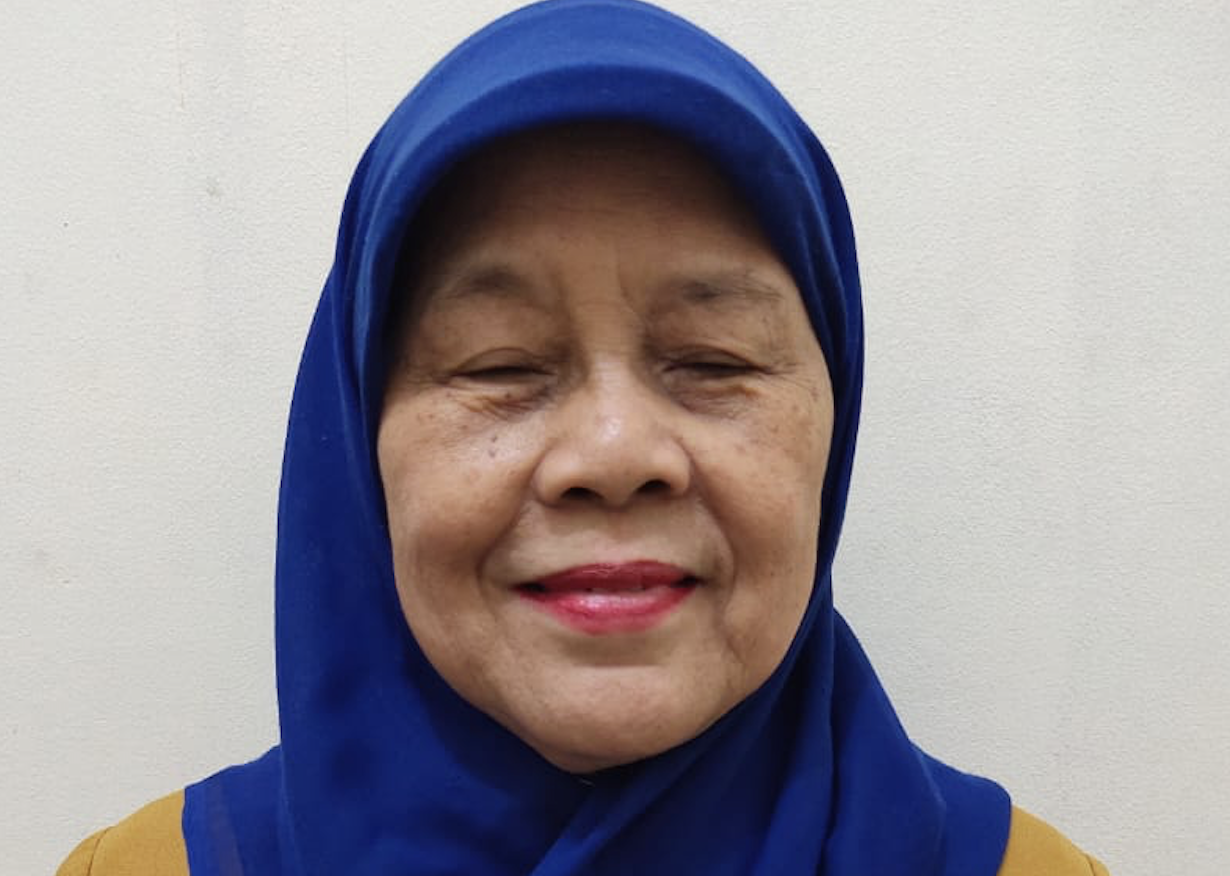
Rule of Law
Ariani Soekanwo became a disability rights activist as a college student. Since then, she has helped start several Indonesian disability rights organizations. Age is not an obstacle for her. Her enthusiasm for encouraging the fulfillment of rights for persons with disabilities in Indonesia pushes her to never stop thinking and creating.
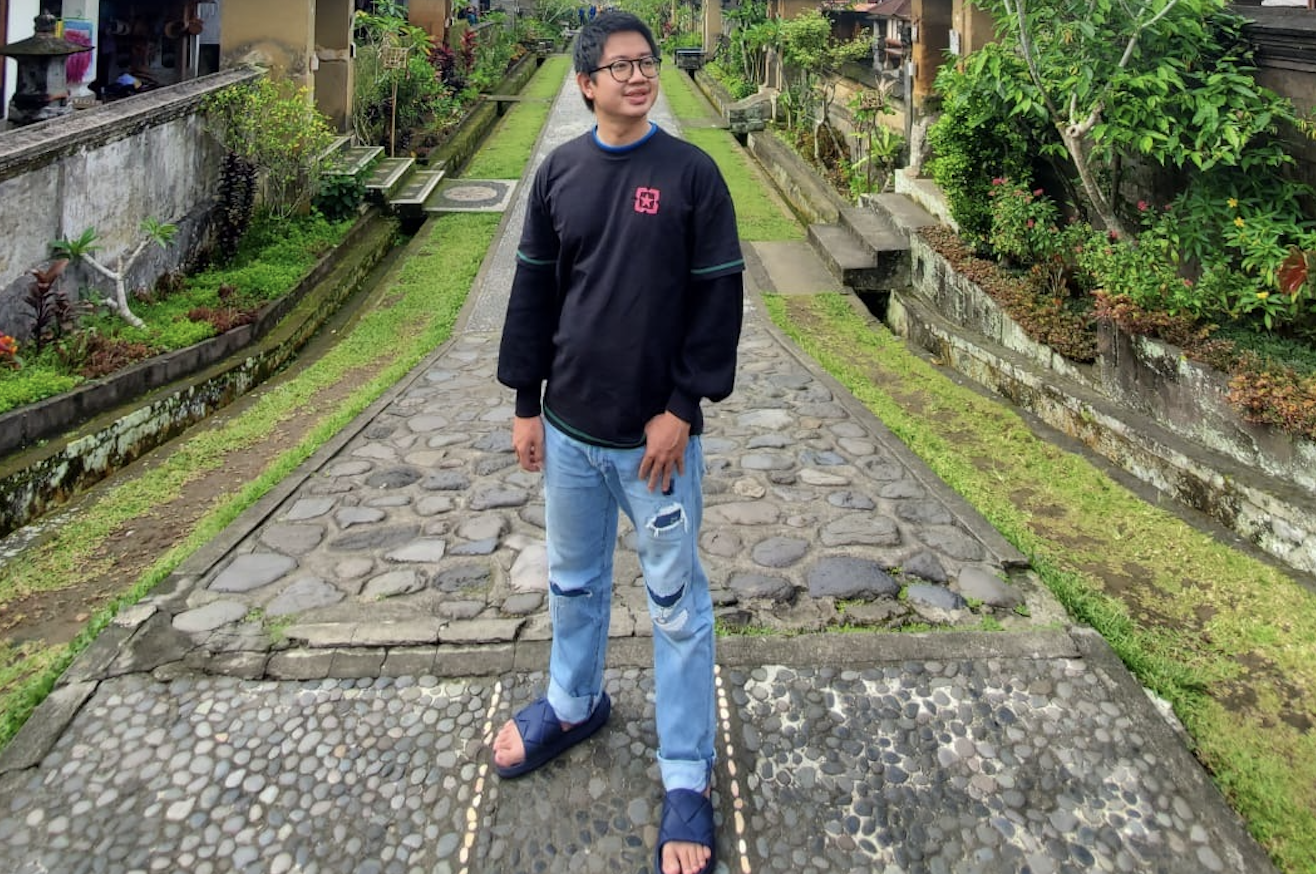
Sticks and Stones
After DJP Fellow Naufal Asy-Syaddad was diagnosed with autism, he experienced bullying and exclusion in his early school years. Now, he’s found a home at Yogasmara Foundation, where he advocates for disability rights and raises awareness about autism. People with autism, he says, “are highly misunderstood.”
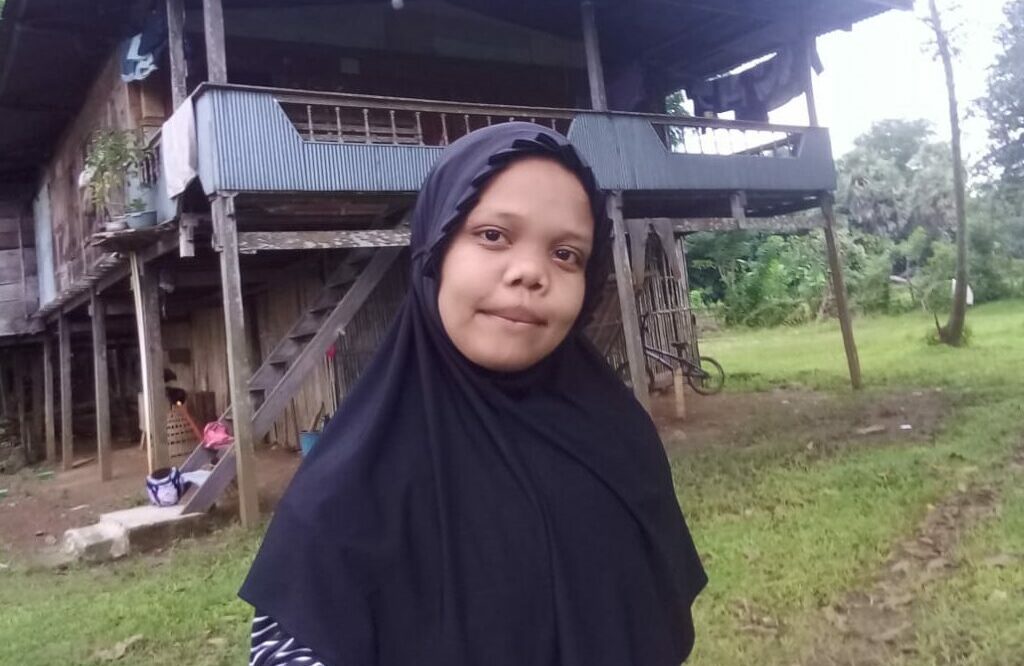
‘Treat Me Like Everyone Else’
DJP Fellow Dija spent the beginnings of her life indoors and away from others. “In my village, people with disabilities are pitied,” she says. In recent years, she has been on a mission of acceptance and opportunity for persons with disabilities. No longer afraid to leave her home, Dija draws from her own experiences in her advocacy work.
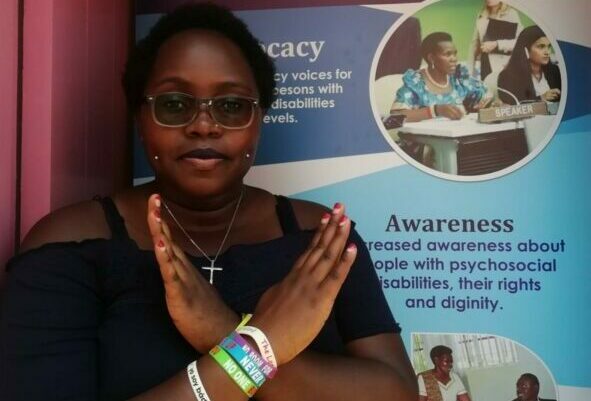
Asking for Help Doesn’t Make You Weak
2021 DJP Fellow Esther Suubi says living with psychosocial disabilities is challenging when the society does not consider them disabilities. She shares her recent depression relapse to shed light on mental health, in solidarity with the global psychosocial disability community. “We are many,” she writes.
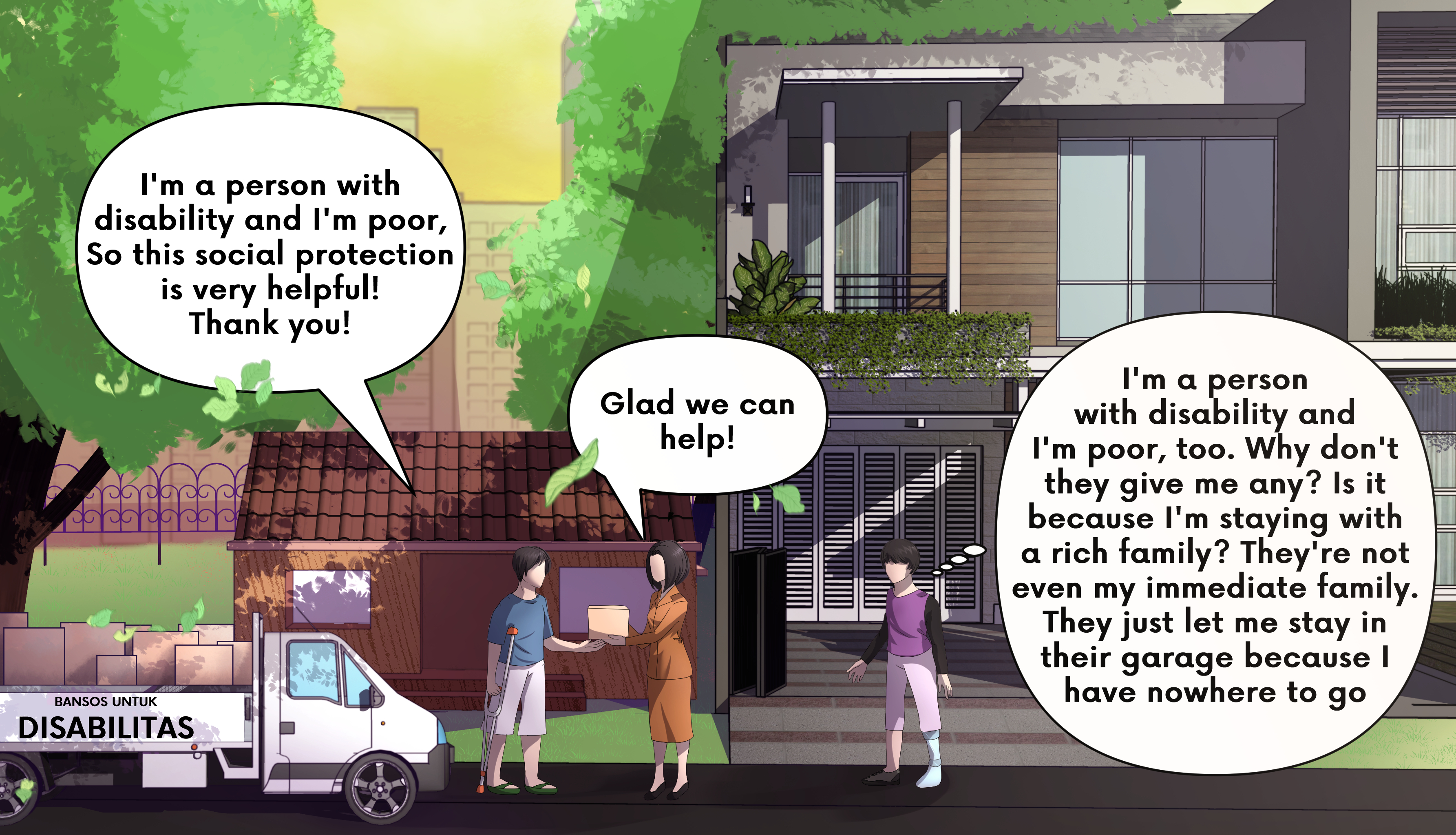
Right to Access Social Assistance
Many Indonesians with disabilities are denied social assistance and must depend on others for their survival. They are forced to live with family members – cousins, aunts, parents – in garages and other less than ideal circumstances. Overall, persons with disabilities have the right to live on their own, but Indonesia’s social assistance policies make this all but impossible. To receive government support, registrants must not own property or live in a “rich” neighborhood, among other criteria. A denied registrant with a psychosocial disability shares his story.
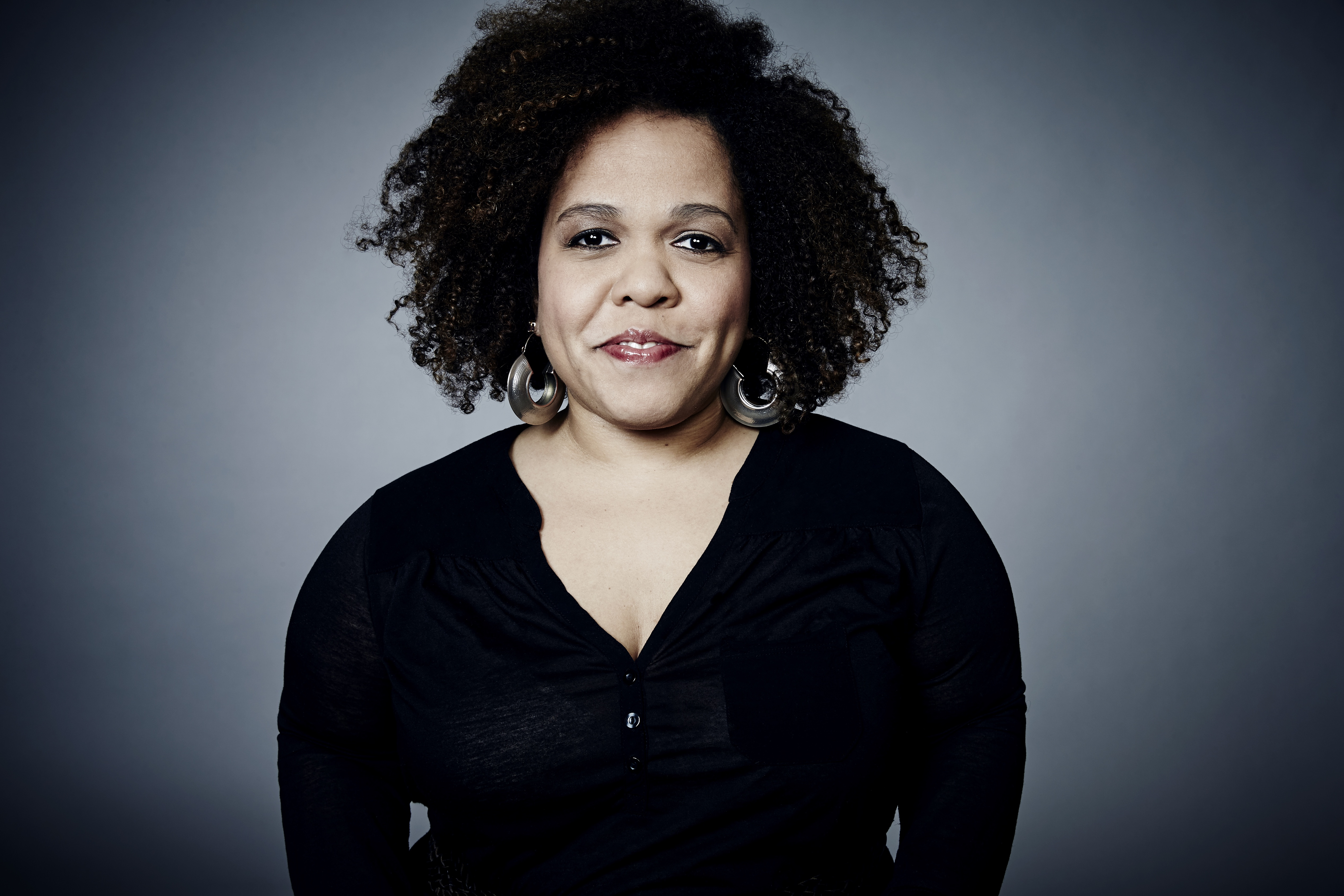
Controlling Your Own Narrative
DJP mentor Cara Reedy uses journalism, comedy, film directing, and acting to express her experiences as a person with dwarfism. She believes persons with disabilities still face limited access to power, making it difficult for them to control their narratives. As director of the emerging U.S.-based Disabled Journalists Association, she cultivates spaces for journalists with disabilities.
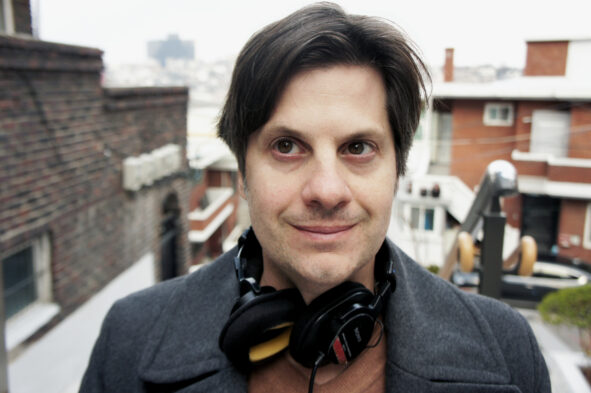
Globetrotting in Pursuit of Journalism
DJP mentor Jason Strother says journalism is a great career for people with disabilities. “I think people with disabilities, journalists with disabilities, bring a much-needed perspective,” he says. A multimedia journalist with low vision, Strother has reported for outlets like The World, NPR, and The Wall Street Journal. He will be traveling to Indonesia this summer as a National Geographic Explorer, covering the intersection of climate change and disability.
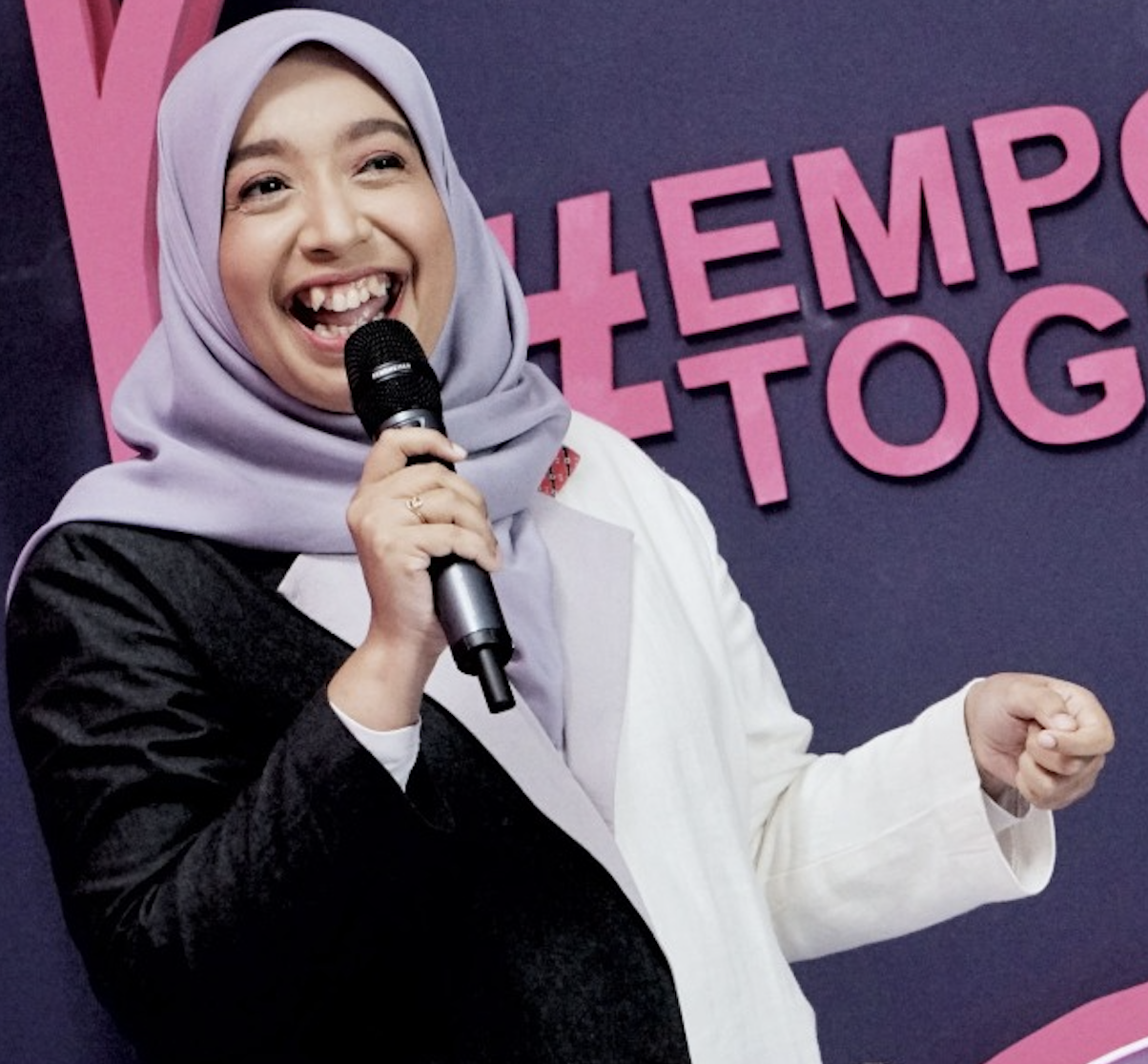
The Language of Comedy
Indonesia’s first Muslim female stand-up comic, Sakdiyah Ma’ruf was recently hired to work as an interpreter and instructor with the Disability Justice Project’s first cohort of Indonesian fellows. As a language interpreter, she works to build bridges and connect people. Connection and communication are important to her. She counts herself fortunate that both her work as an interpreter and as a comedian share those commonalities: “I’m first and foremost interested in comedy because of the language. I thought it sounds like poetry even, where it is well-crafted.”
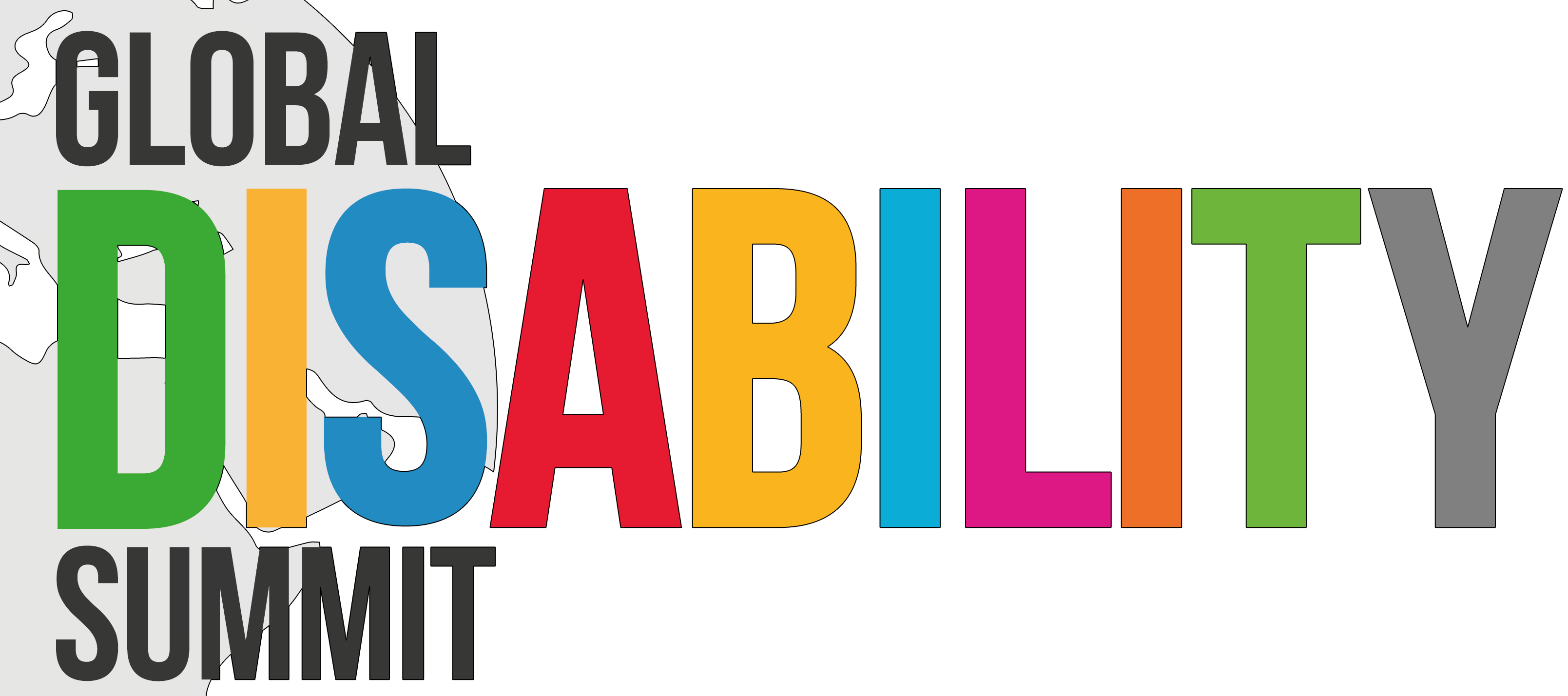
‘Women and Girls with Disabilities Must Have a Voice’
Dr. Bärbel Kofler stated that women and girls with disabilities are between three to ten times more likely to experience gender-based violence than those without disabilities. “Women and girls with disabilities must have a voice,” she said. “Only then will they be able to fully participate in social, economic, and political life.” The next Global Disability Summit will occur in 2025.
Read more about ‘Women and Girls with Disabilities Must Have a Voice’
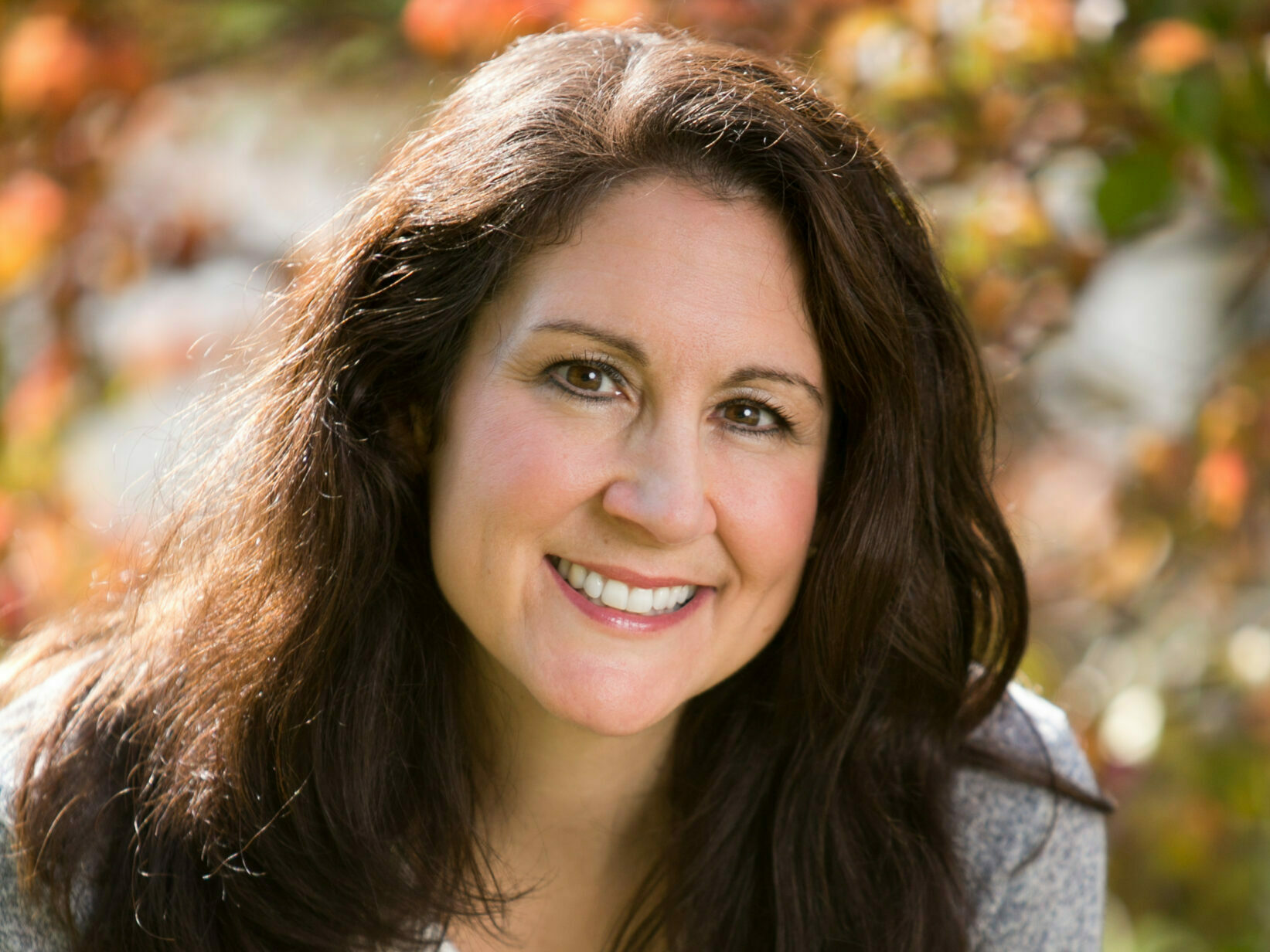
Struggling to be Believed
Physicians tend to assess the veracity of their patients – which is, ironically, also a subjective measure – before exploring new, unmeasurable symptoms. But many MS symptoms, like fatigue and nausea, are unquantifiable, impossible to be measured by an external, unbiased machine, and, therefore, are easily dismissed since there is no one test that can say, “This patient is more fatigued than someone of her age and level of fitness should be. So says the test.” Or, “This report says her level of taste is significantly altered.”
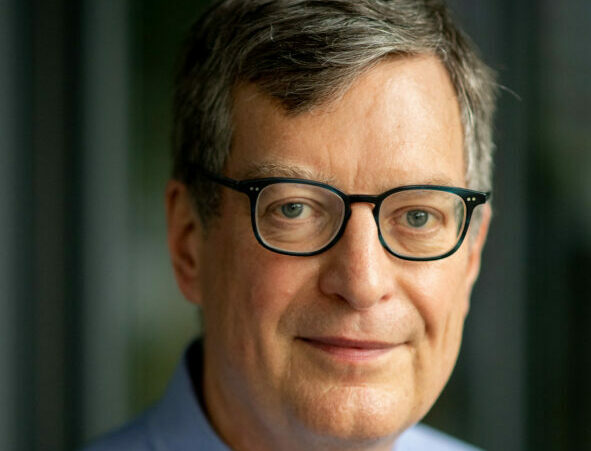
Dwarfism and the Importance of Universal Design
The concept behind accessibility is something that advocates refer to as “universal design.” The idea is to make facilities accessible to the disabled and able-bodied alike, and to do it in such a way that it not only doesn’t inconvenience the able-bodied but actually helps them. The classic example is curb cuts, which have turned out to be as much of a godsend for parents pushing strollers as for wheelchair-users.
Read more about Dwarfism and the Importance of Universal Design
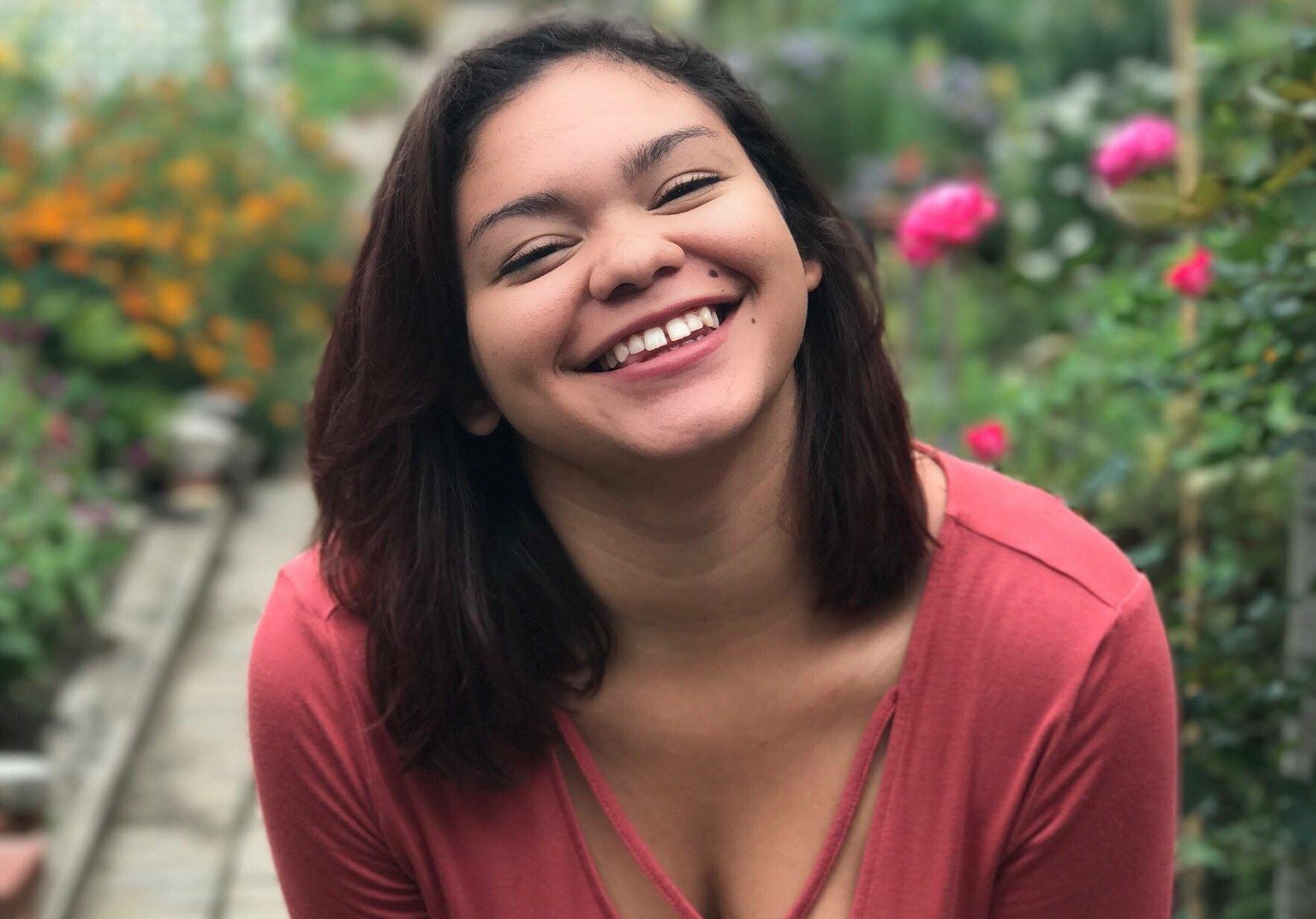
Invisible No More
Every week, the women of the DJP pushed me and my archaic ideas about disability to a whole new realm. Through the strength of these women and the unparalleled knowledge that they carry, I understand more. I understand that a disability can be more than what’s shown on the surface – some boil slightly underneath, warm to the touch.
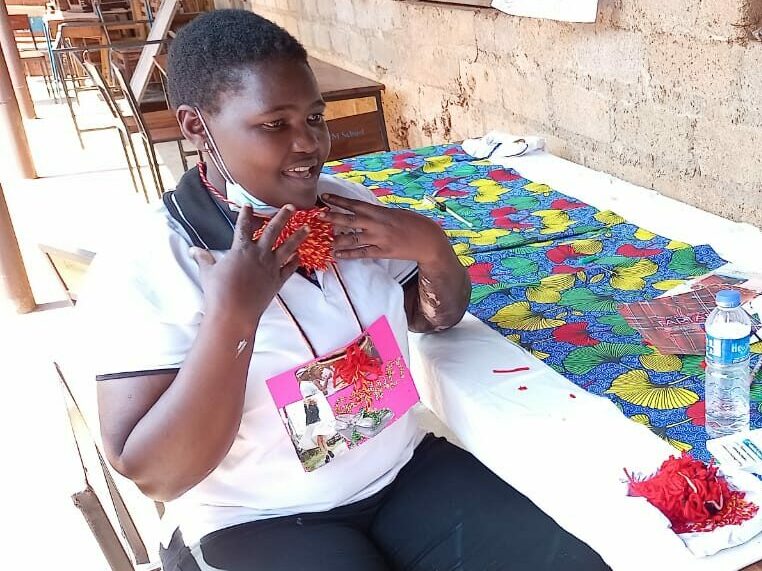
Teen Pregnancy During Covid
Uganda has seen a surge in teen pregnancies since schools were shut down due to the pandemic. The lockdowns have deprived girls of the social protection schools offer, making them more vulnerable to sexual exploitation and abuse. “During this COVID period, the teachers have been helping the parents to teach the children about sex education, but the fact that schools have been locked for a long time, it has been hard to educate the children on sex information,” says Gorret Namwanjje with TRIUMPH Uganda.
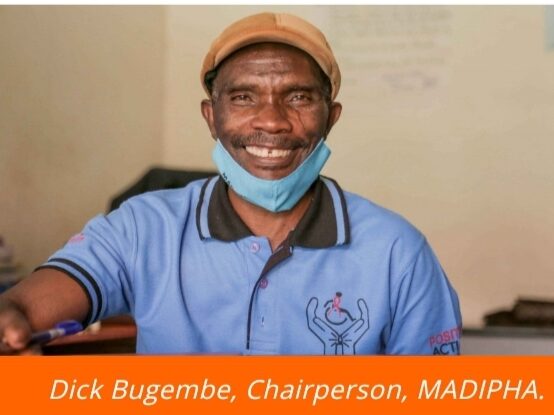
Leaving No One Behind
When Dick Bugembe was first diagnosed with HIV/AIDS in 2009, he thought of it as a death sentence. “I lost hope because I thought I was the only one with HIV and at the same time living with a disability,” he says. “I thought I was about to die and perish very soon.” He went on to found the Masaka Association of Disabled Persons Living with HIV & AIDS (MADIPHA). Today, he is a powerful advocate in Uganda for equal access to HIV services and information.
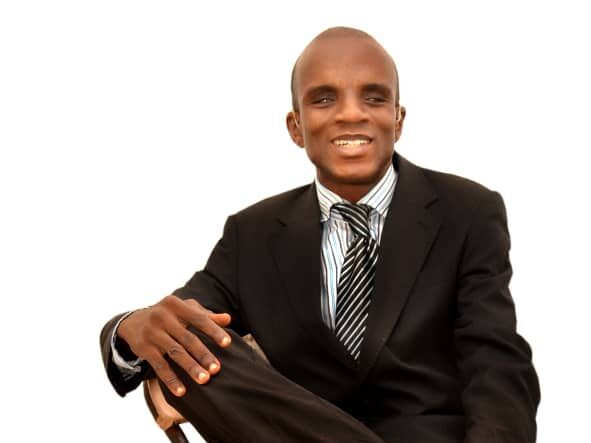
‘Success and Failure Are Born in the Same Cradle’
People who are DeafBlind can feel isolated, says Solomon Okelola, executive director of the Lionheart Ability Leaders International Foundation. In Okelola’s case, though, his solitude also gave him an opportunity to reflect on life and the ways people respond to challenges. “Success and failure are born in the same cradle – in your mind,” he says. “You can conceive whichever you desire.”
Read more about ‘Success and Failure Are Born in the Same Cradle’
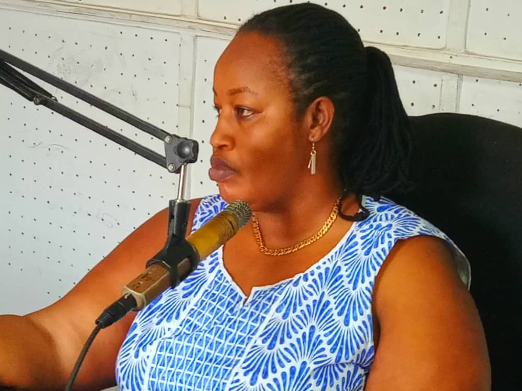
A Voice for Rwandans with Psychosocial Disabilities
Many Rwandans developed post-traumatic stress disorder after the genocide. That led Rose Umutesi to psychosocial disability rights advocacy: “What we should do is to love what we are doing, love what you are doing and focus on it. I know things will be … fully done.”
Read more about A Voice for Rwandans with Psychosocial Disabilities
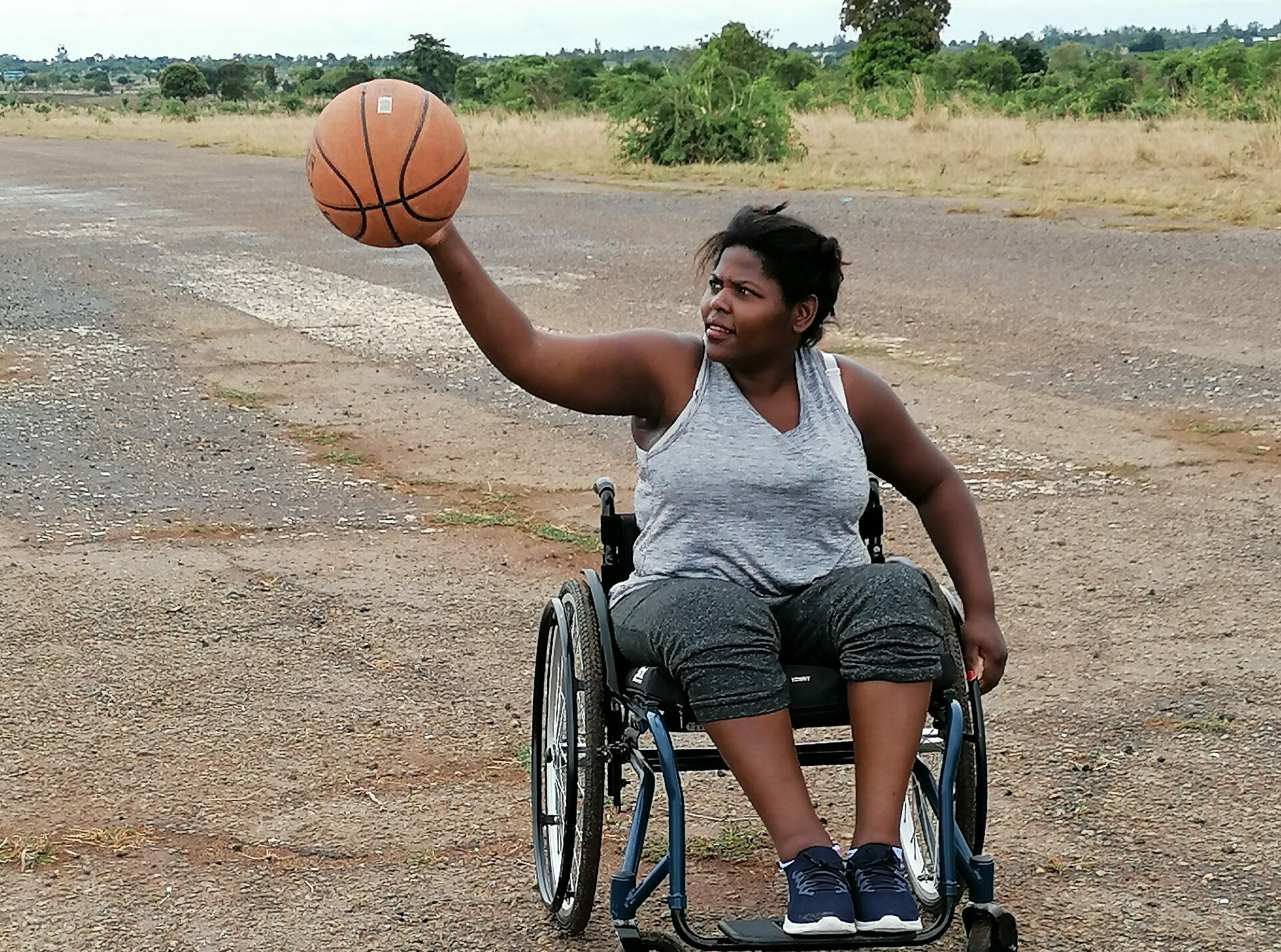
Data Driven
In 2018, Julie Chibekete was involved in a car accident that resulted in a permanent spine injury and a broken vertebra. Her doctor referred her to the Spinal Injuries Association of Malawi (SIAM), where she connected with other spinal injury survivors. She’s hoping to learn more about data storytelling from her DJP mentor. “We’re trying to strategize so that we can support more people,” she says.
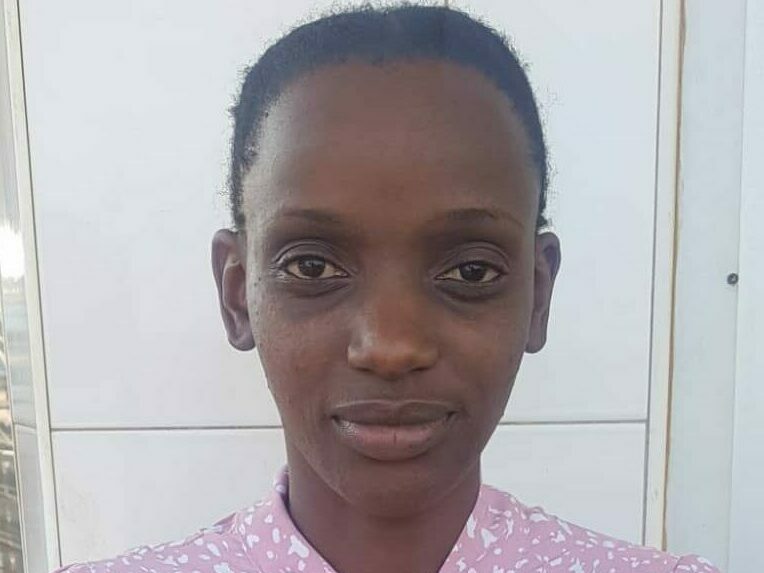
Promoting Inclusion Through Storytelling
Nissy Namuyomba’s identity is formed not just as a person with disability but also as a Muganda woman of the Ngabi clan, speaker of the Bantu language Luganda, young community leader, and family member. One of her greatest memories is presenting her poem about the Masaka Association of Persons with Disabilities (MADIPHA) at the coronation of the king of Buganda on live television.
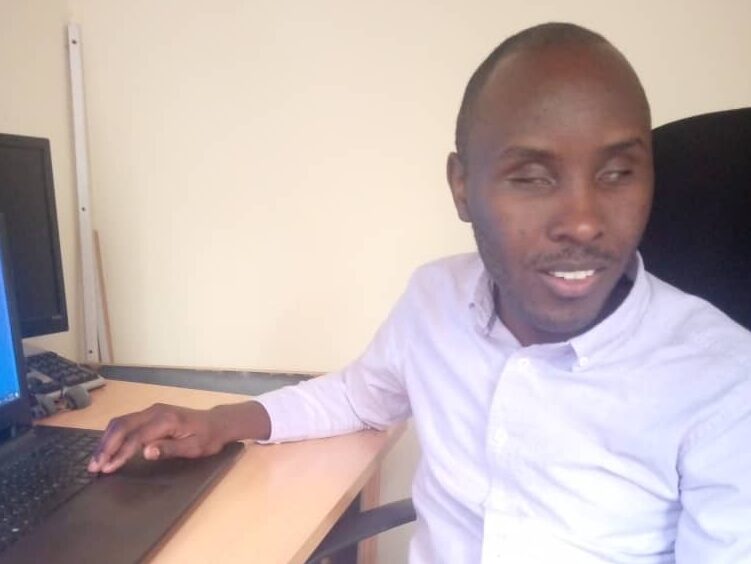
‘It was not an easy journey, but I made it’
Since graduating from the School of Law at the University of Rwanda-Huye Campus with academic distinction, Jean Claude Ngabonziza has worked with many organizations, especially those supporting youth with disabilities. “It was not an easy journey but I made it,” he says. Since 2012, he has been a member of the Rwandan Union of the Blind, where he has been advocating for access to white canes for Rwandans with vision impairments.

Raising Awareness of Chronic Illnesses
Disability Justice Project mentor Meredith O’Brien recently published Uncomfortably Numb, a memoir about being diagnosed with multiple sclerosis in 2014. Educating people about chronic illnesses and invisible symptoms is important, she says. O’Brien herself has experienced harassment from those who didn’t understand her disease.
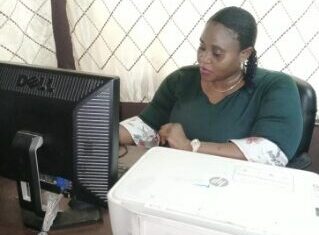
At the Intersection of Gender and Disability
For Oluwabukolami Omolara Badmus, growing up in Nigeria wasn’t easy. “There is no proper infrastructure put in place for people living with disability,” she says. Her passion for disability rights activism has endured over time, with a particular focus on women with disabilities: “My passion, the love, the smiles I see on people’s faces, that is what has been inspiring me.”
Read more about At the Intersection of Gender and Disability
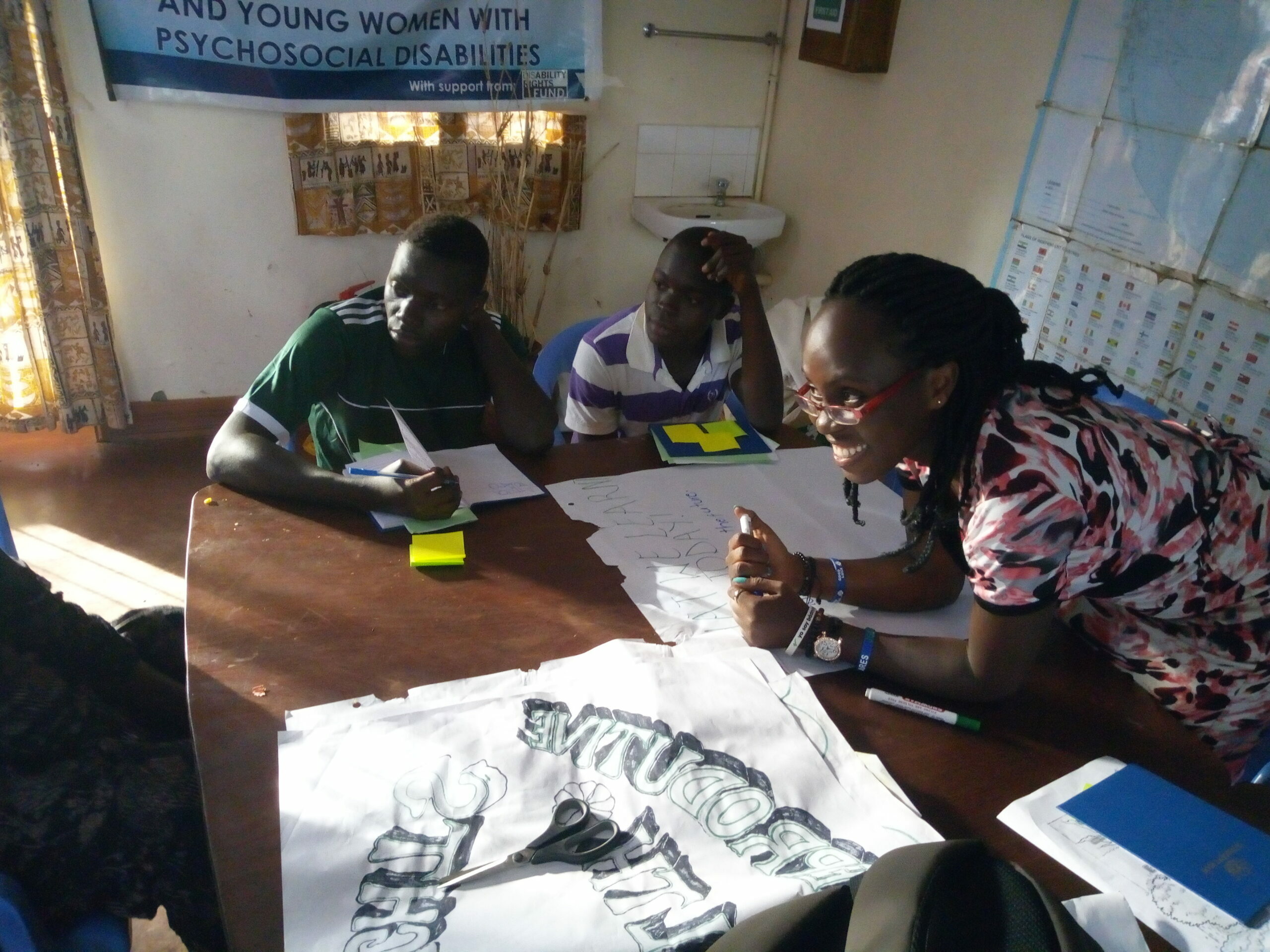
Speaking Up About Mental Health
Esther Suubi found herself battling depression as an adolescent, and she connected with the organization she works for now – Triumph Uganda Mental Health Support and Recovery Program (TRIUMPH). “I decided to stand up and fight for my fellow girls and young women by speaking up so that we are heard,” she says.